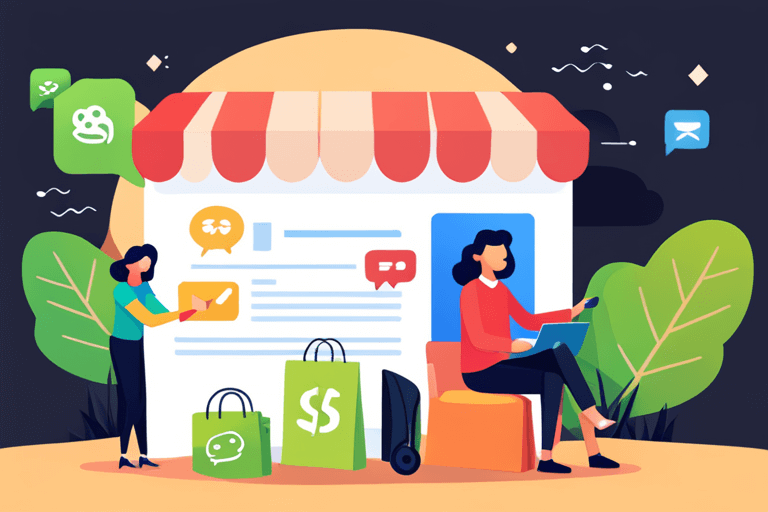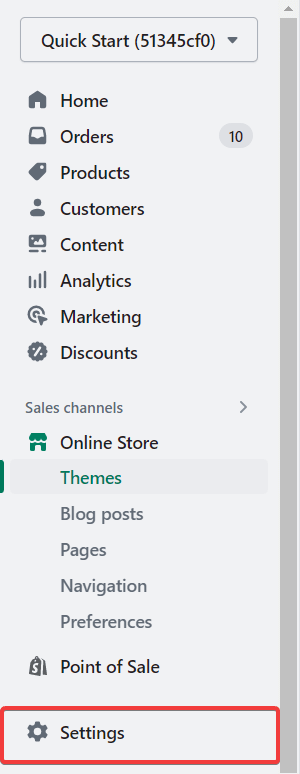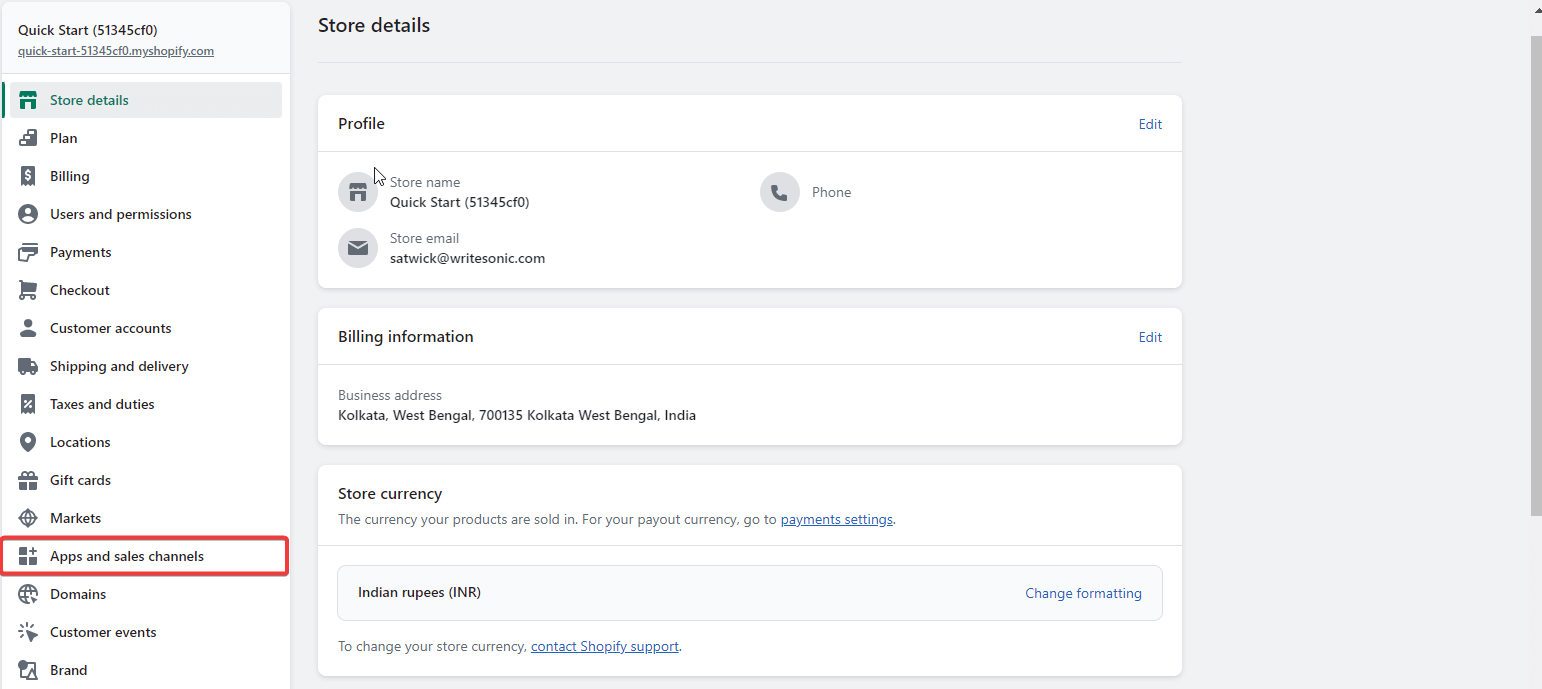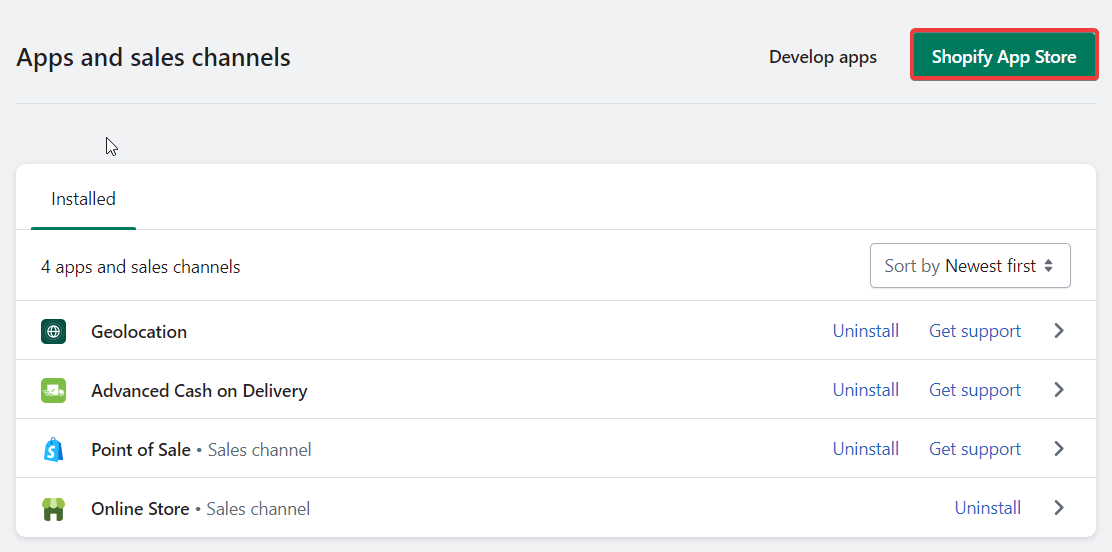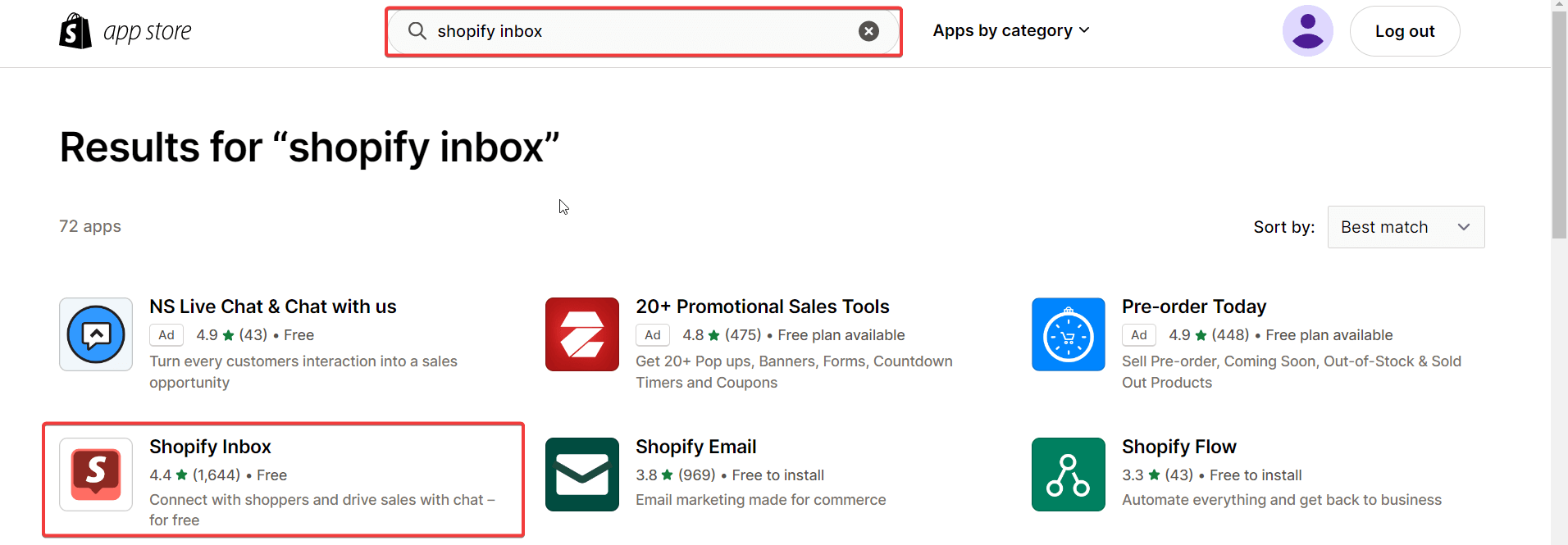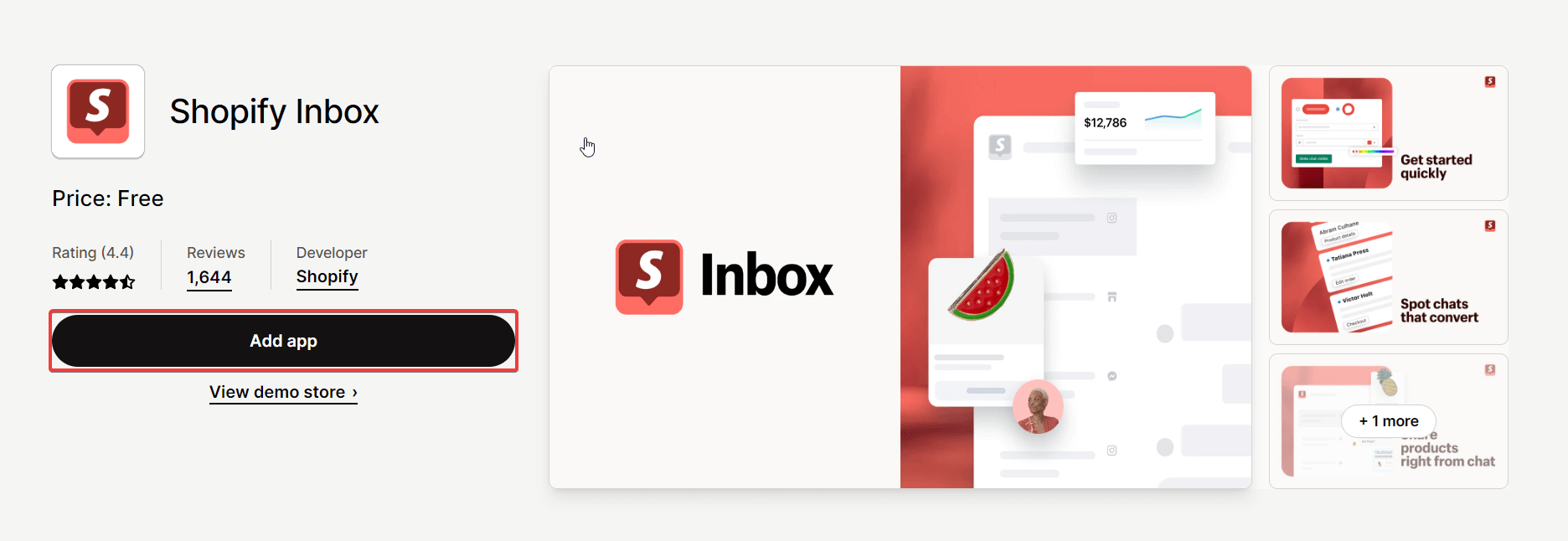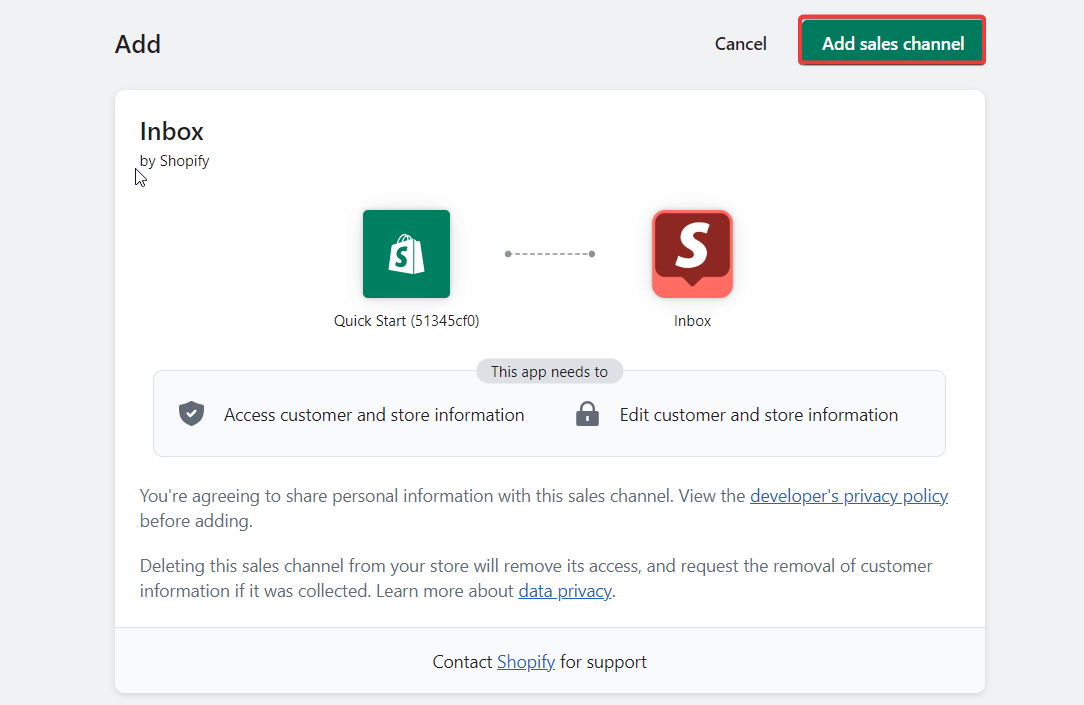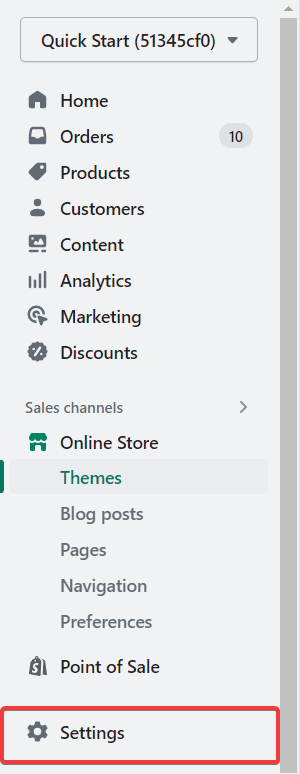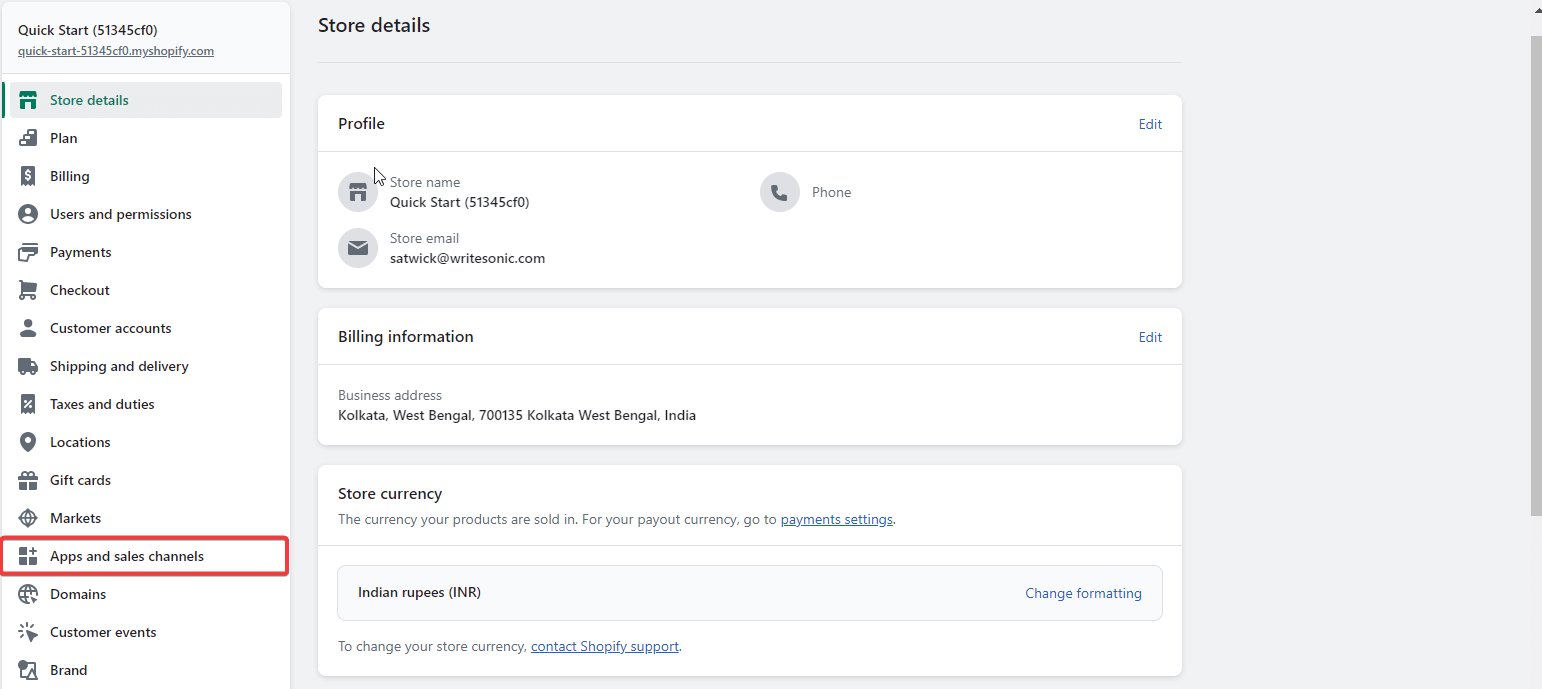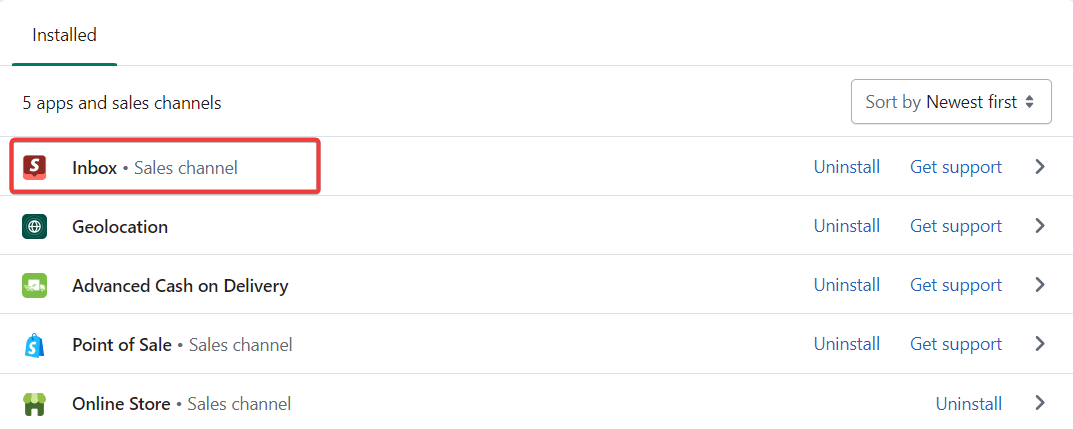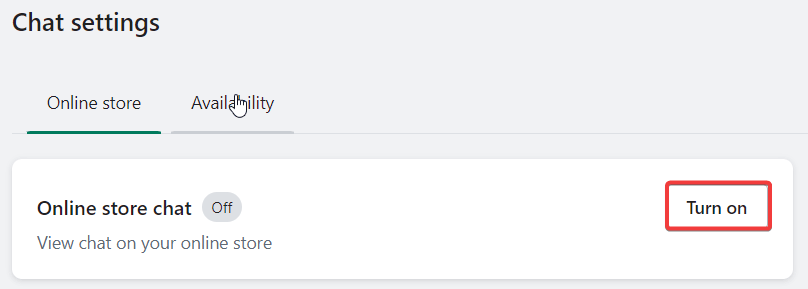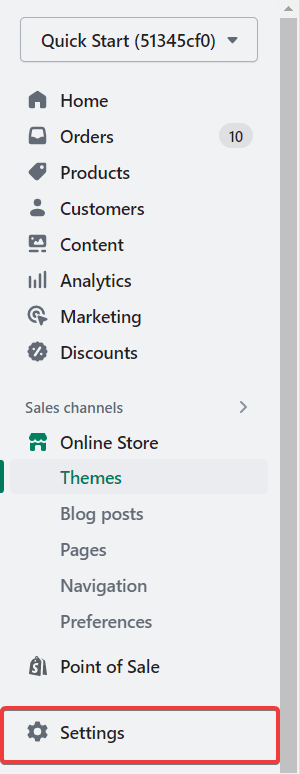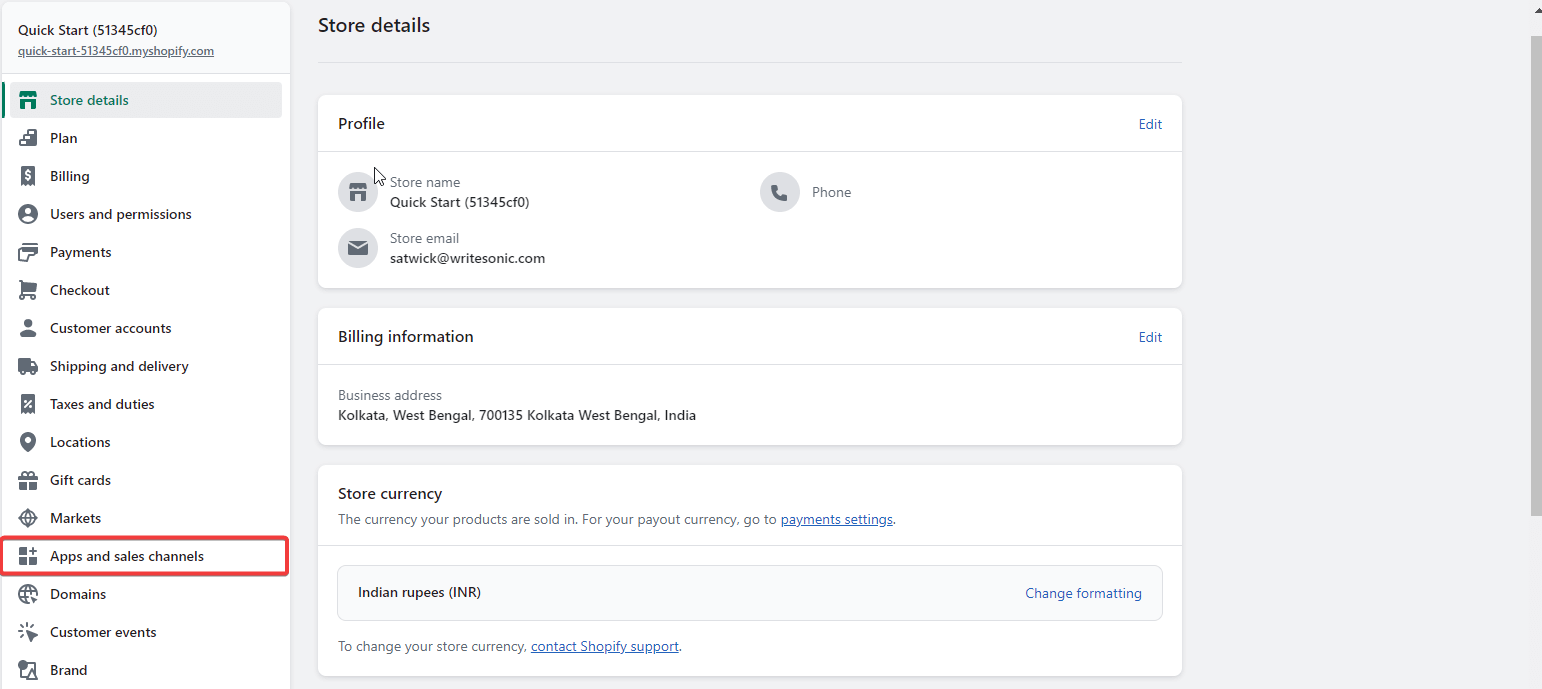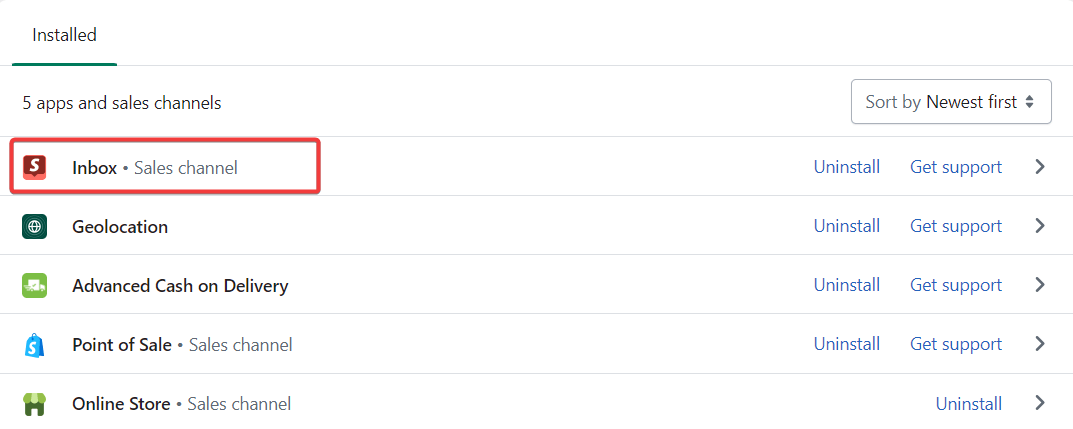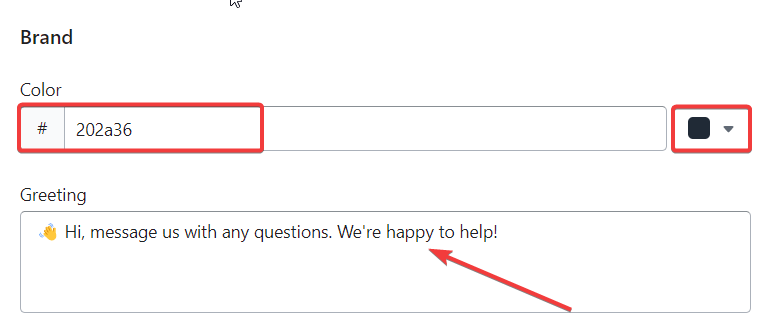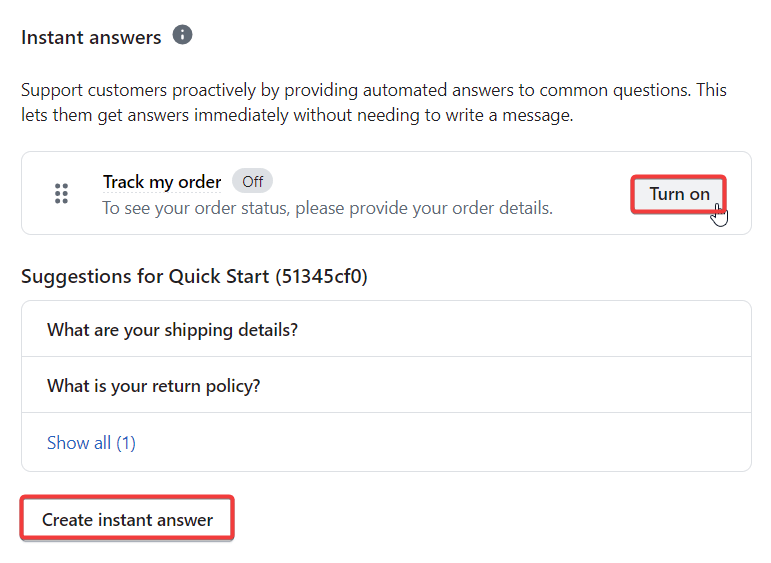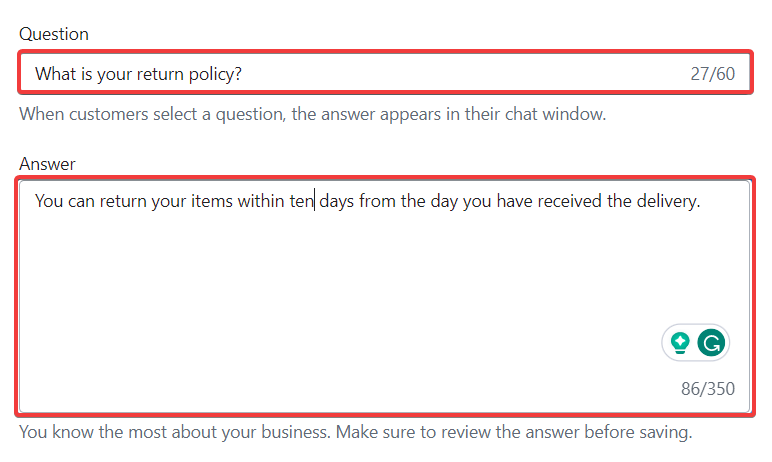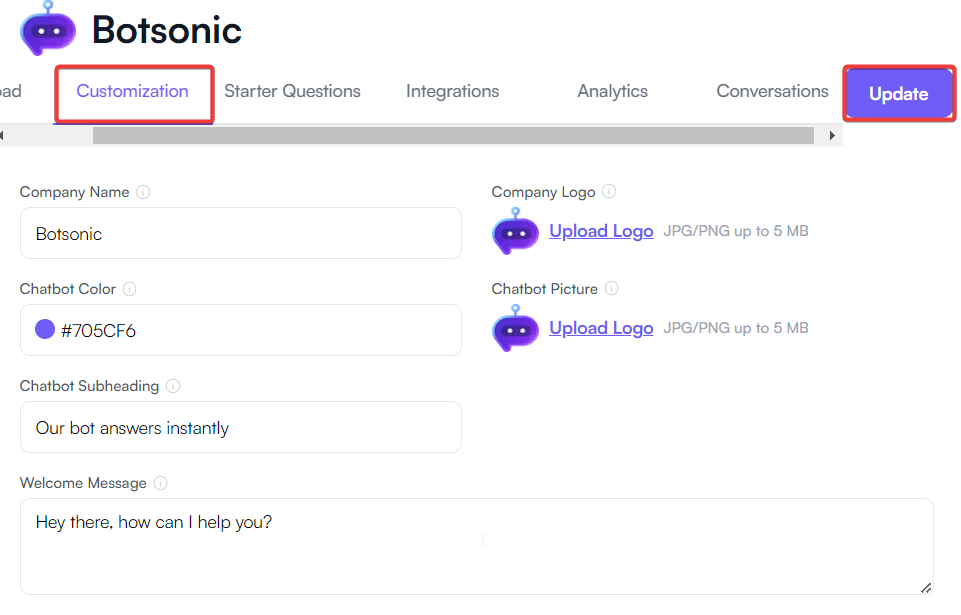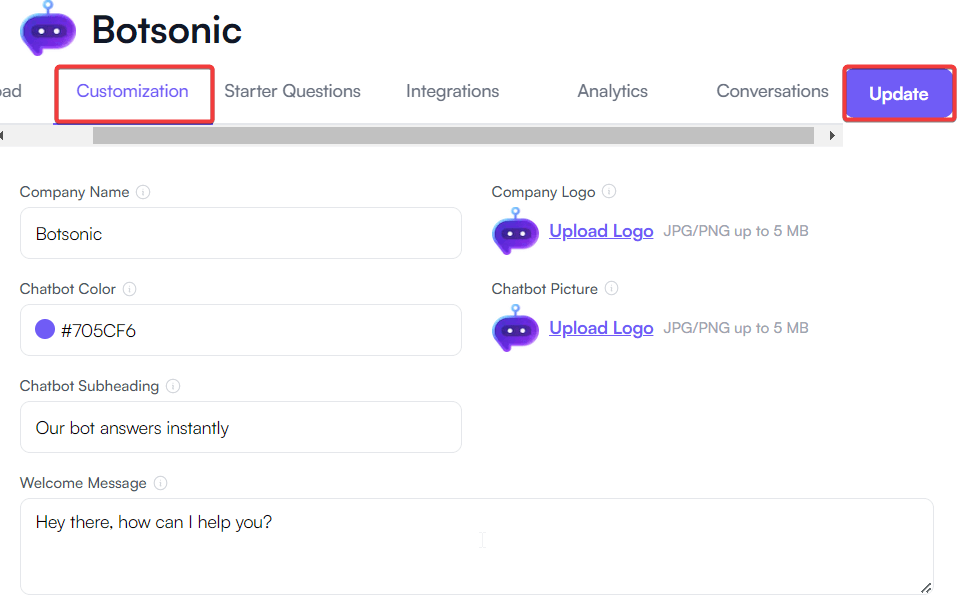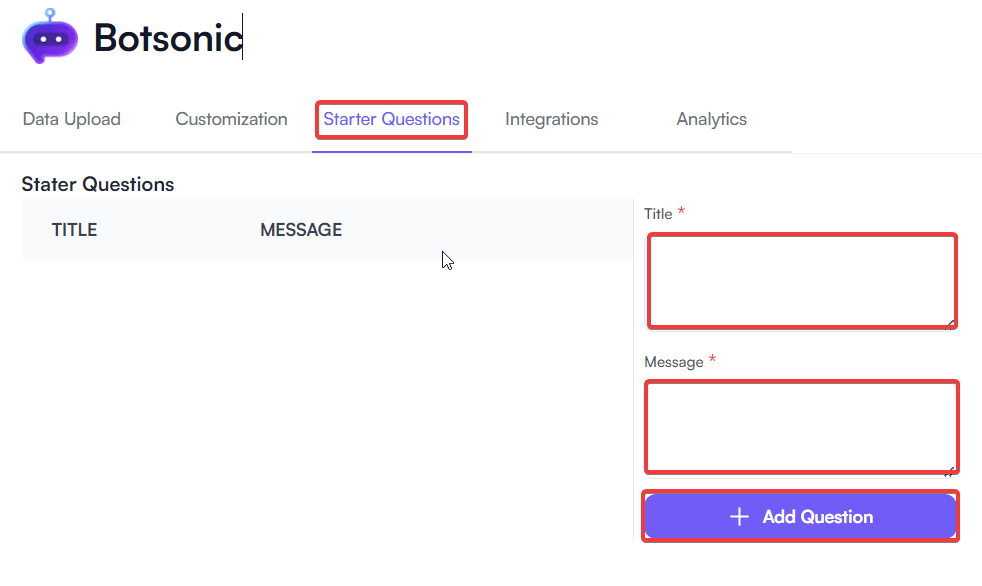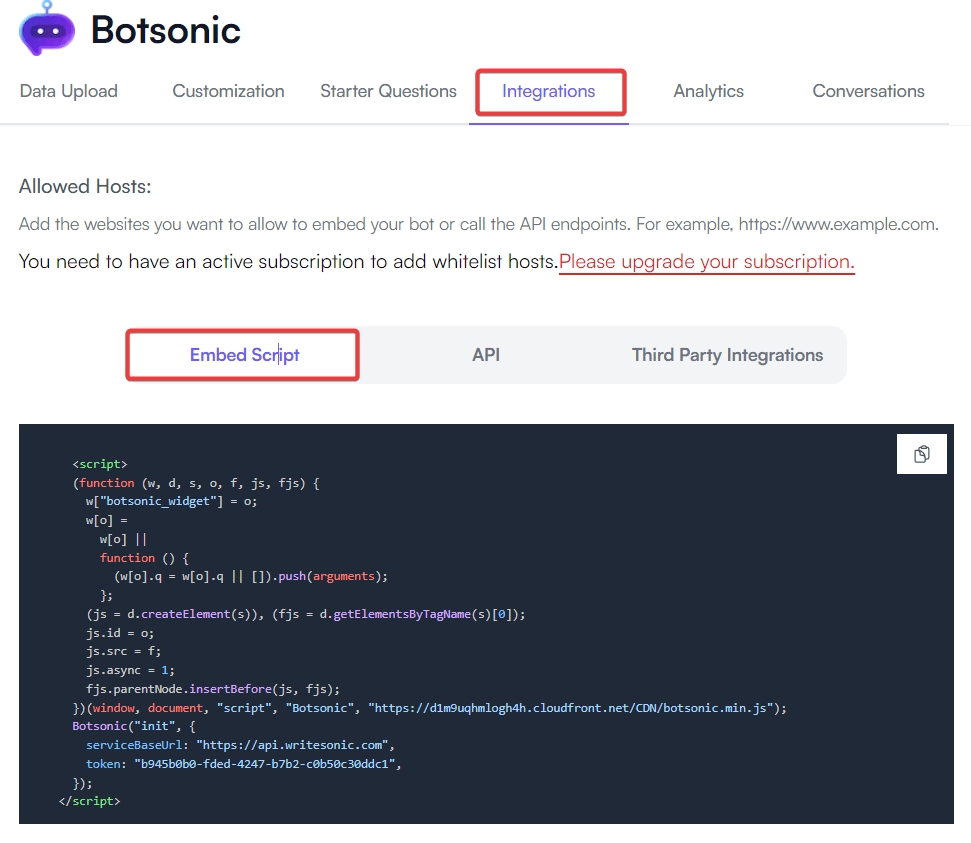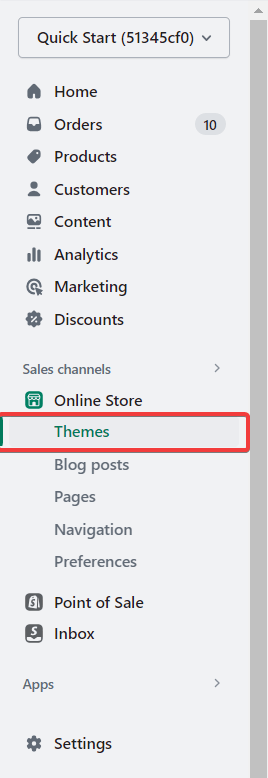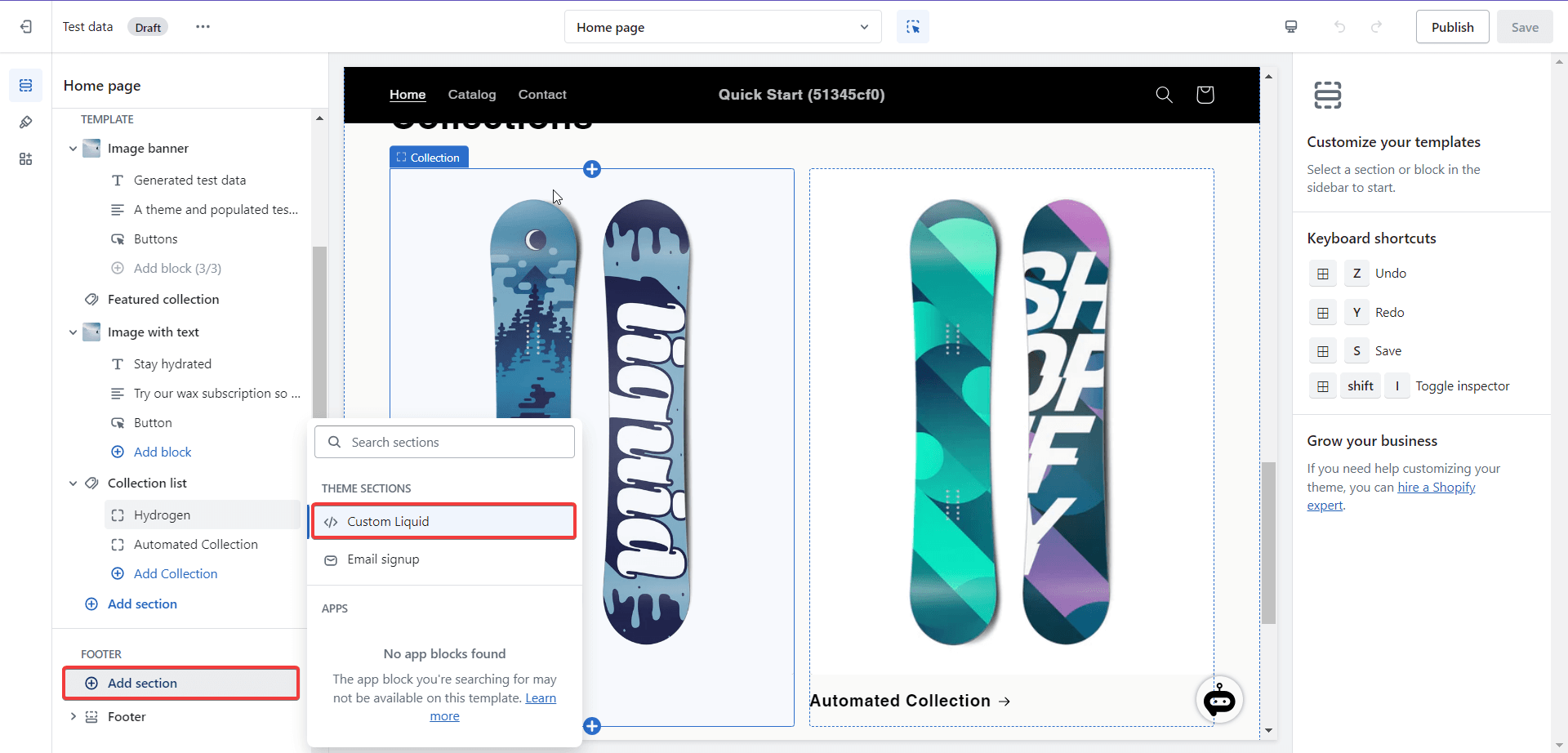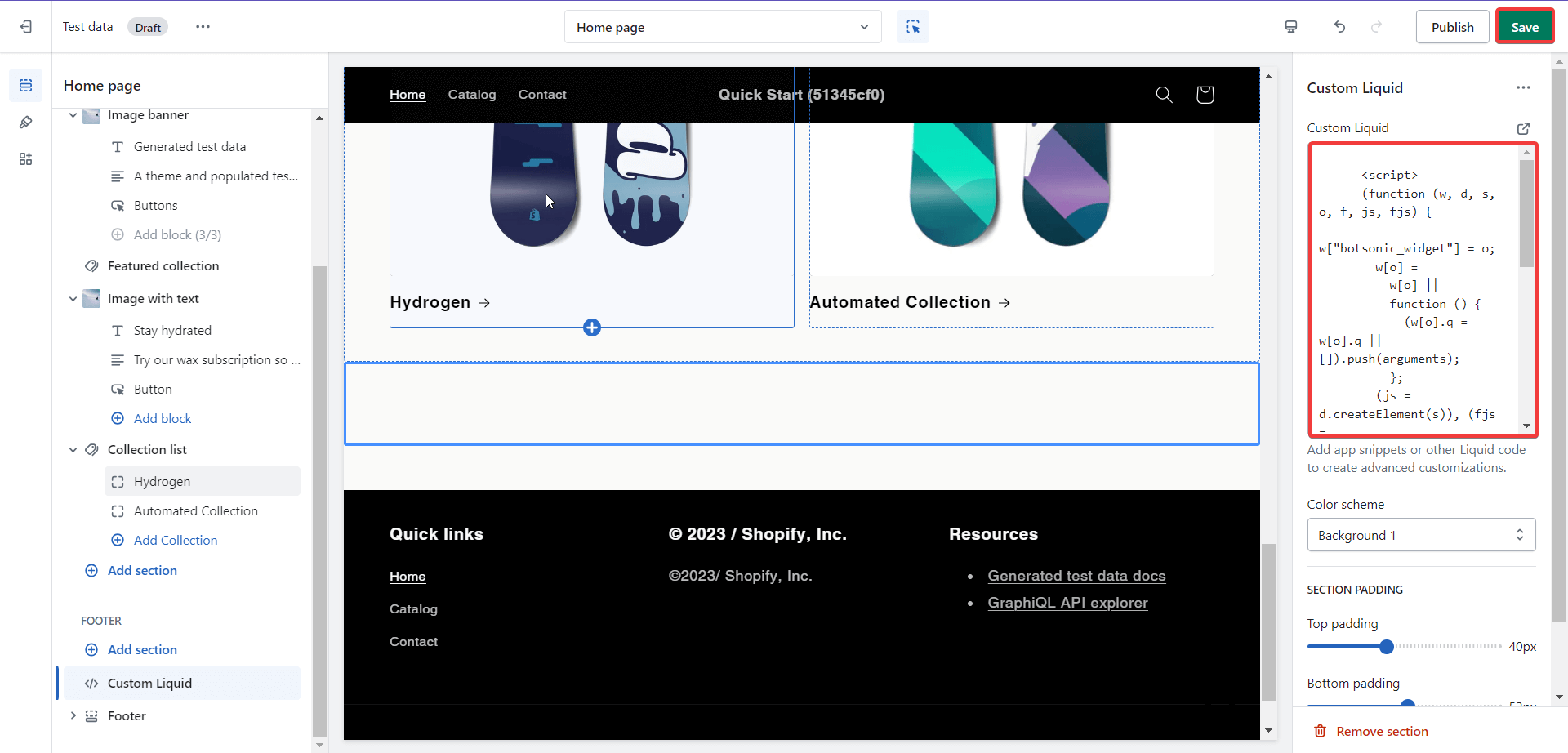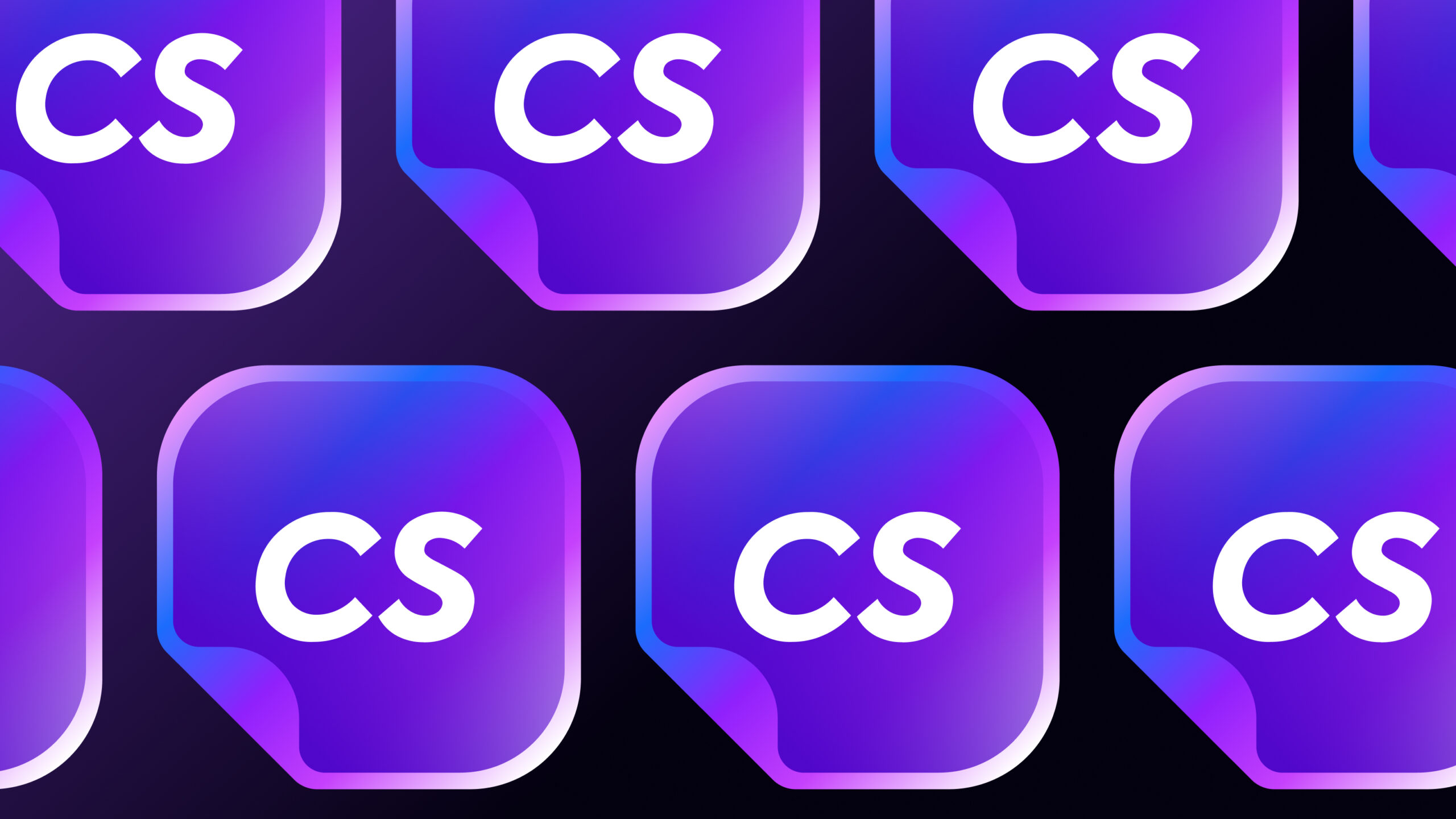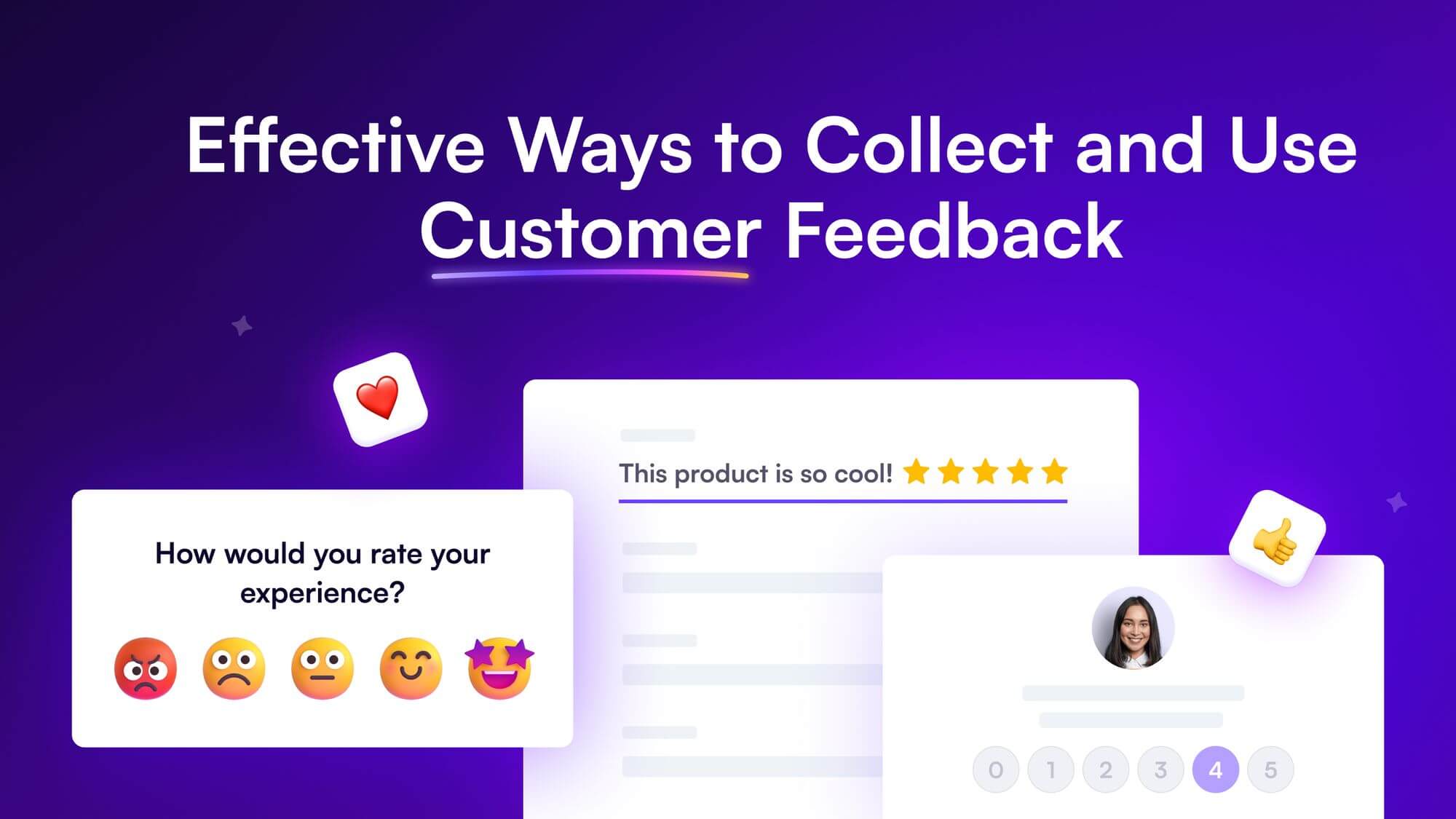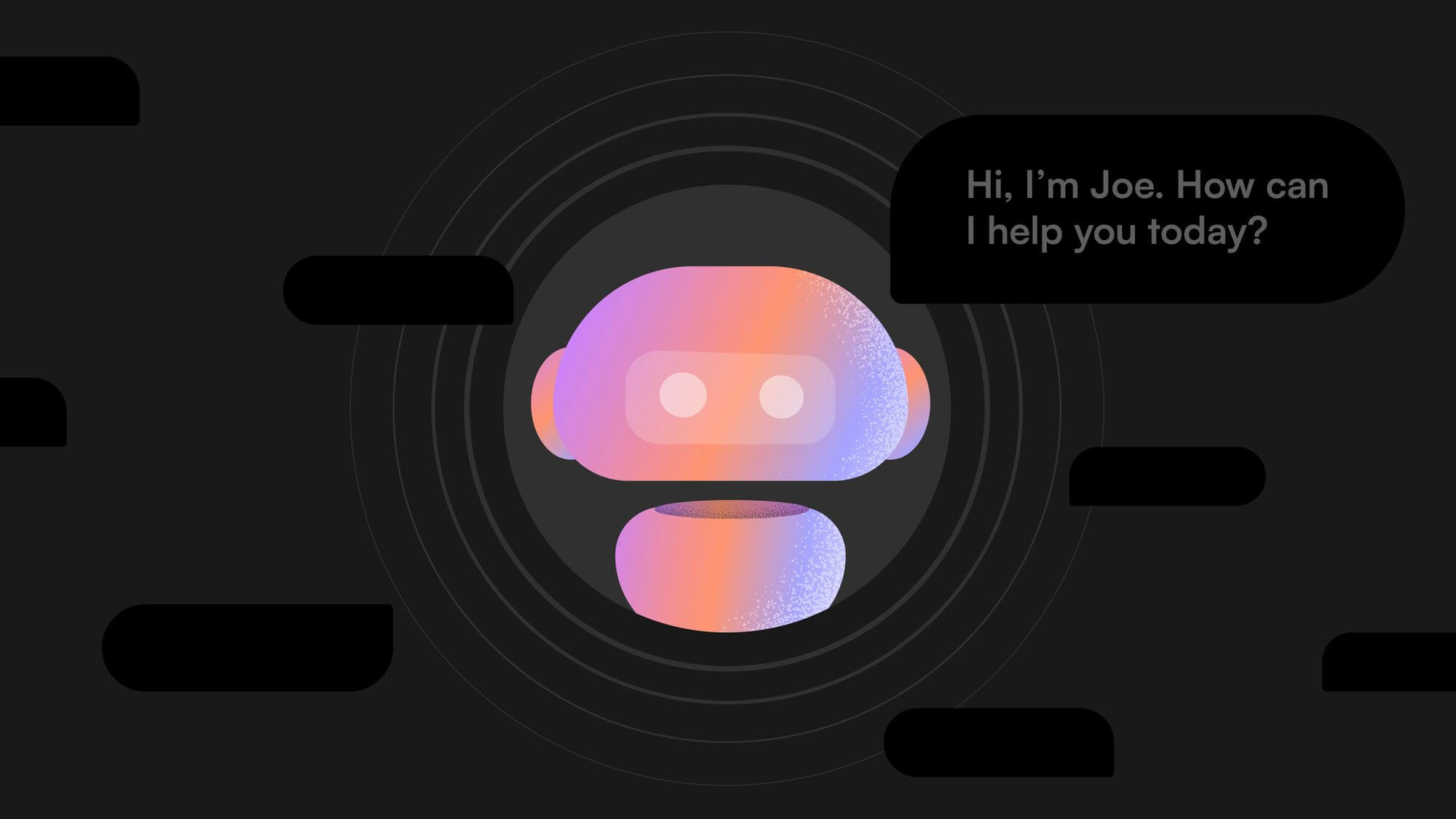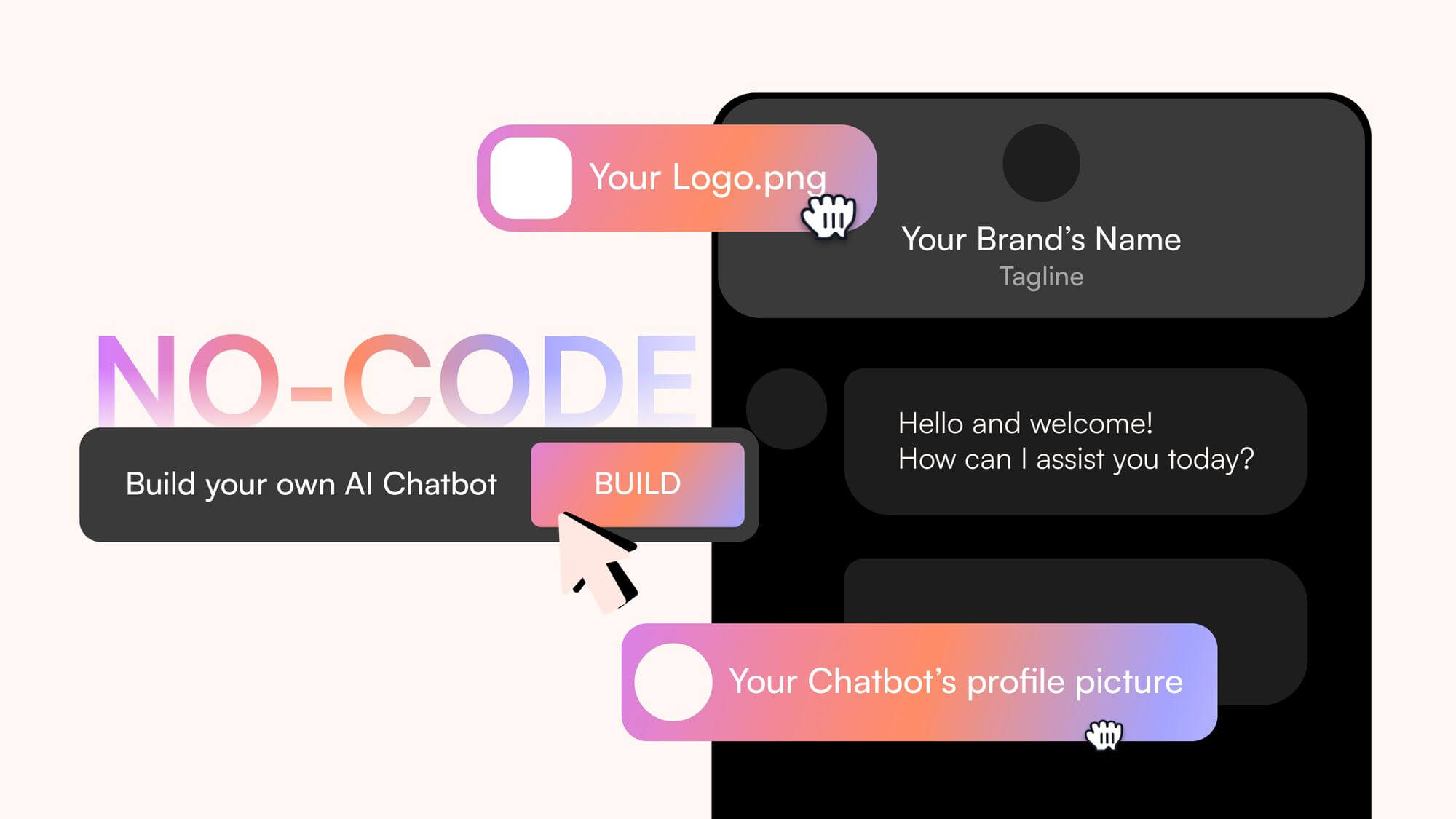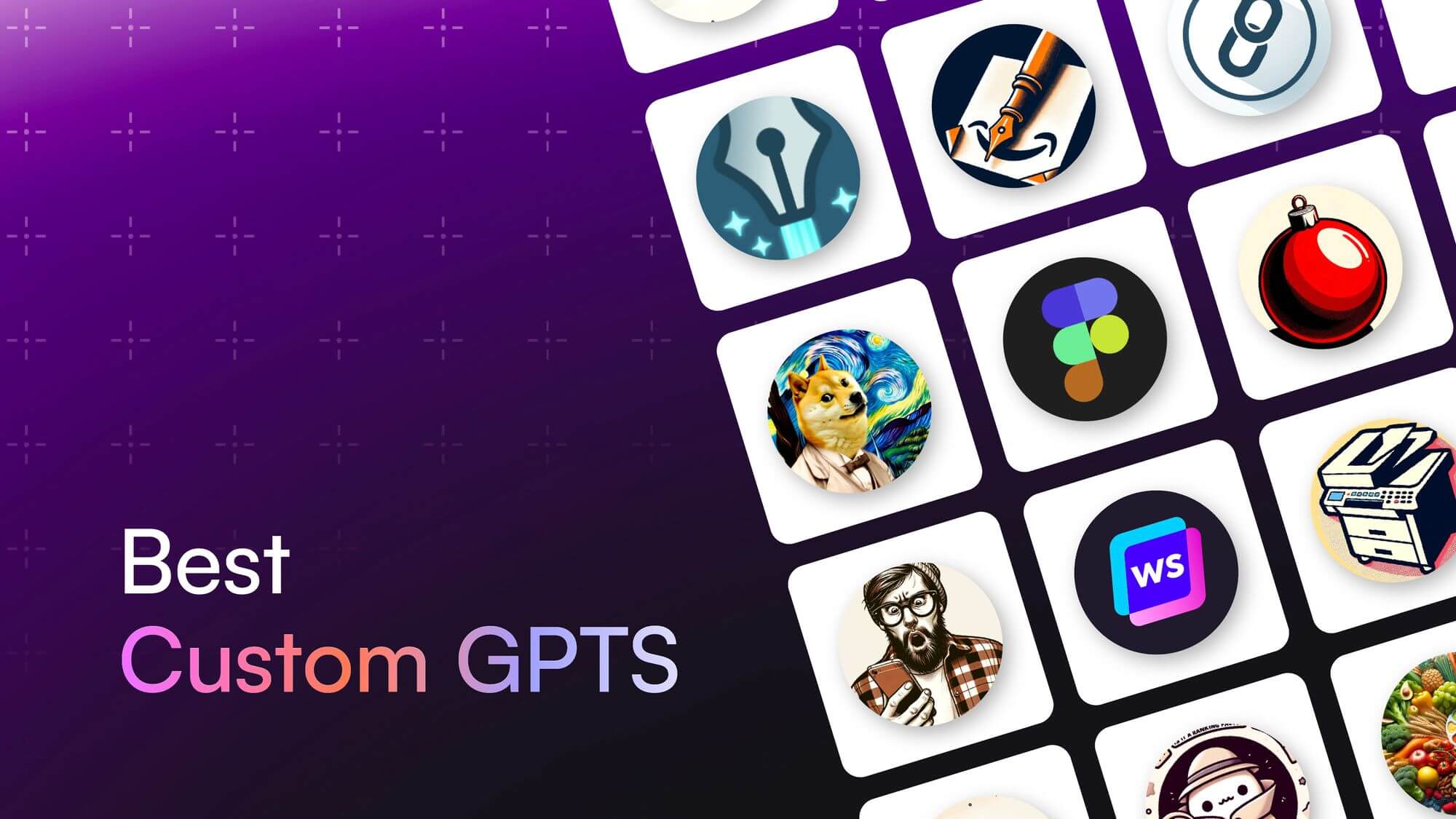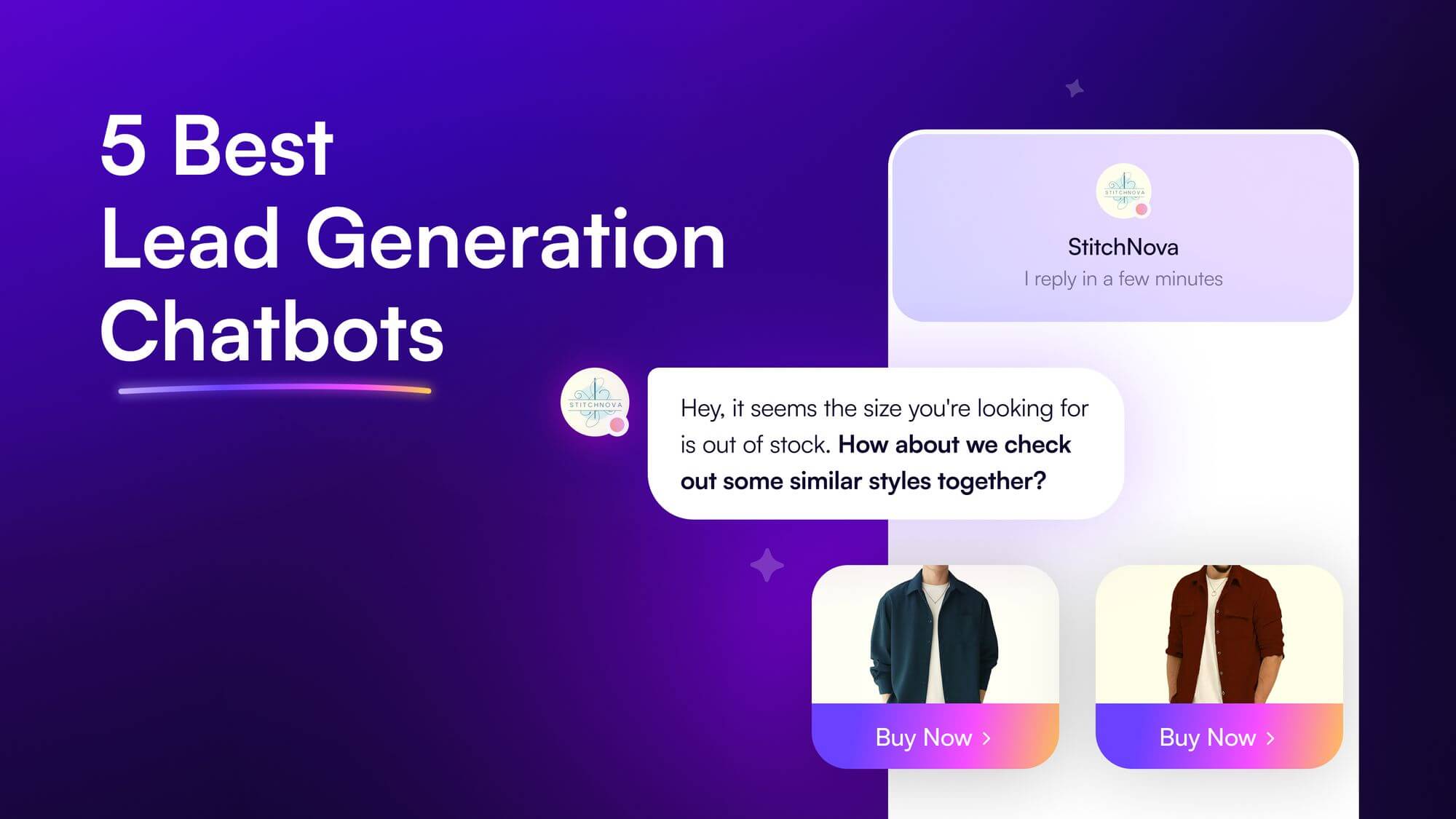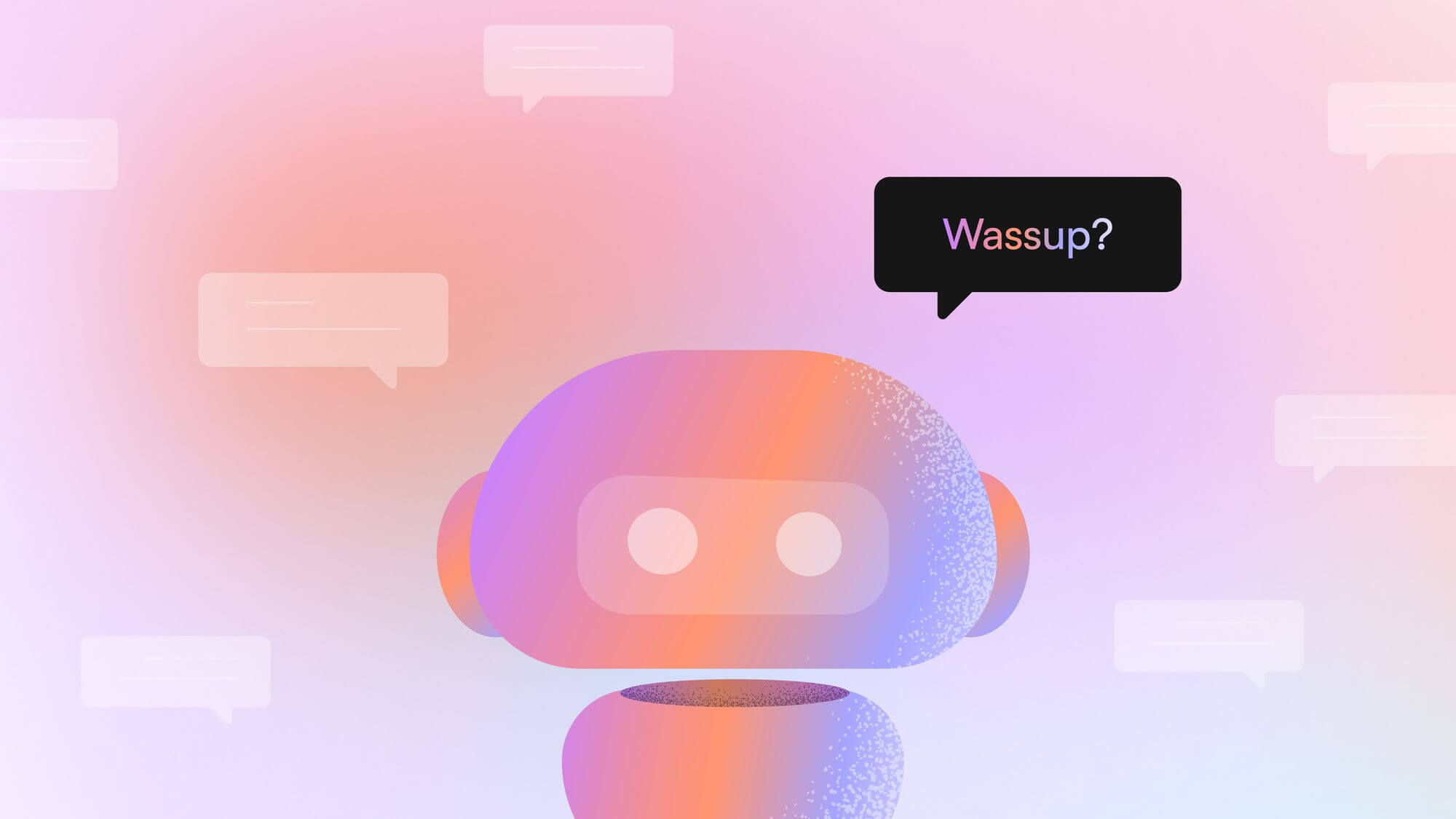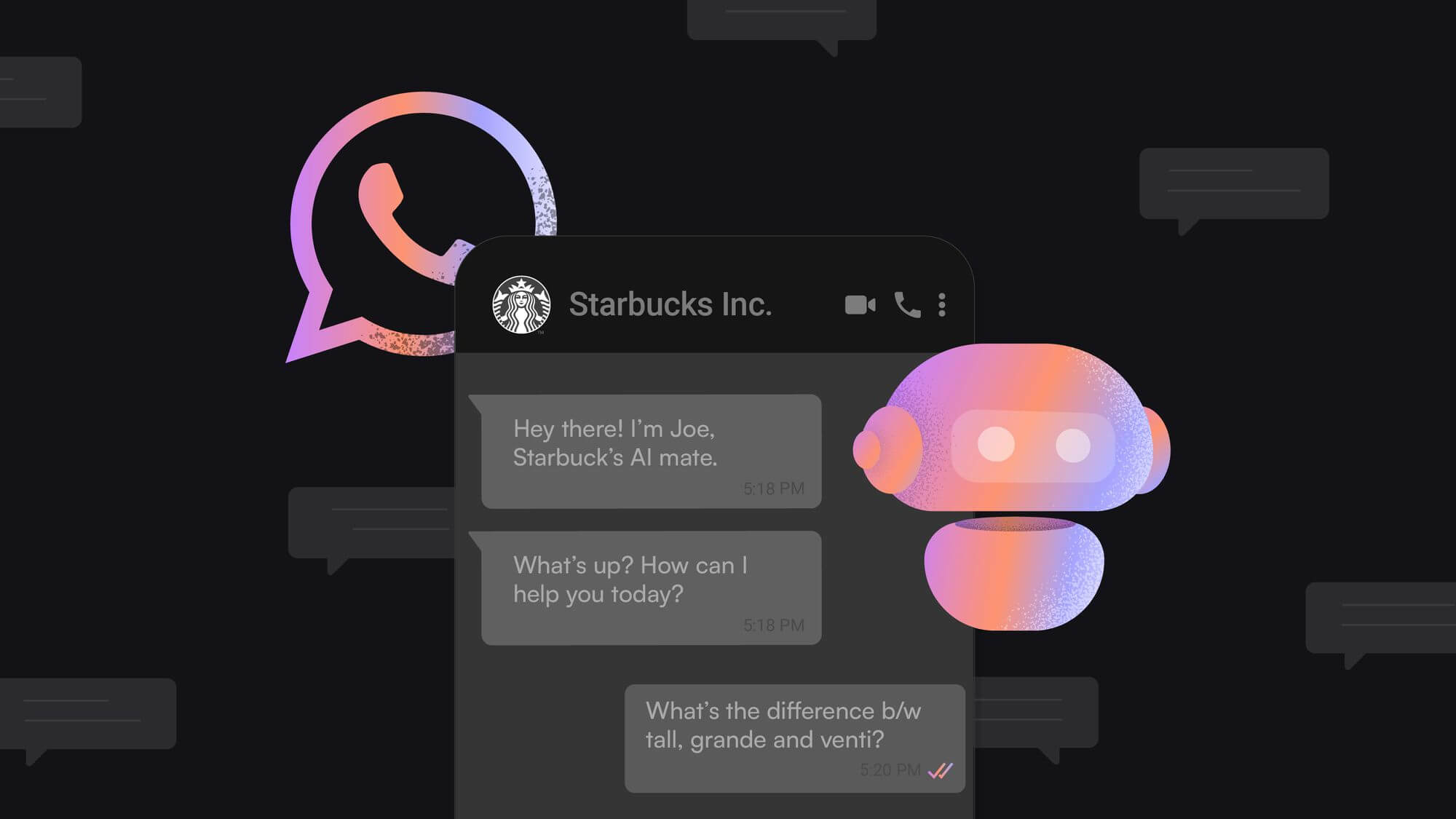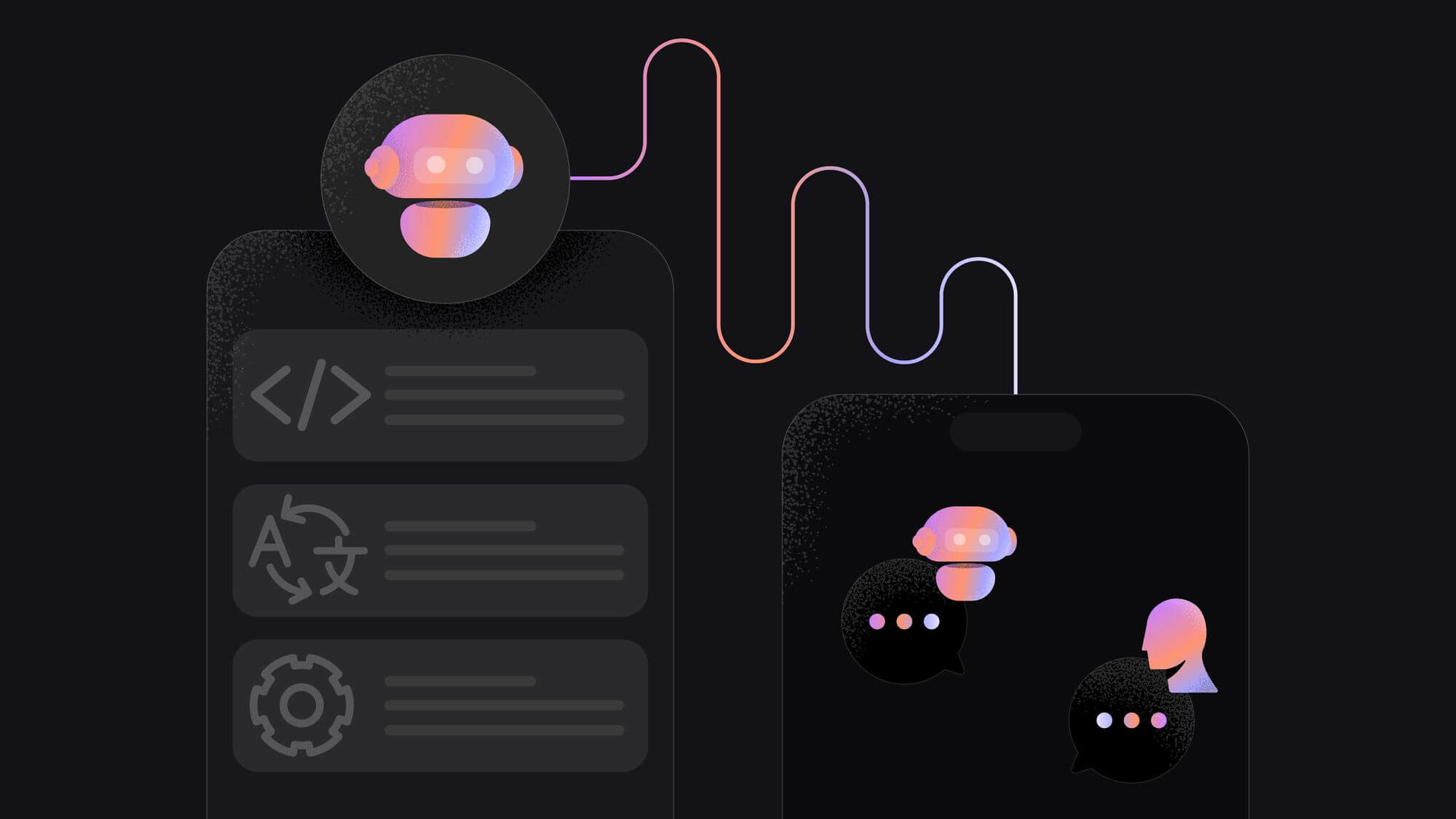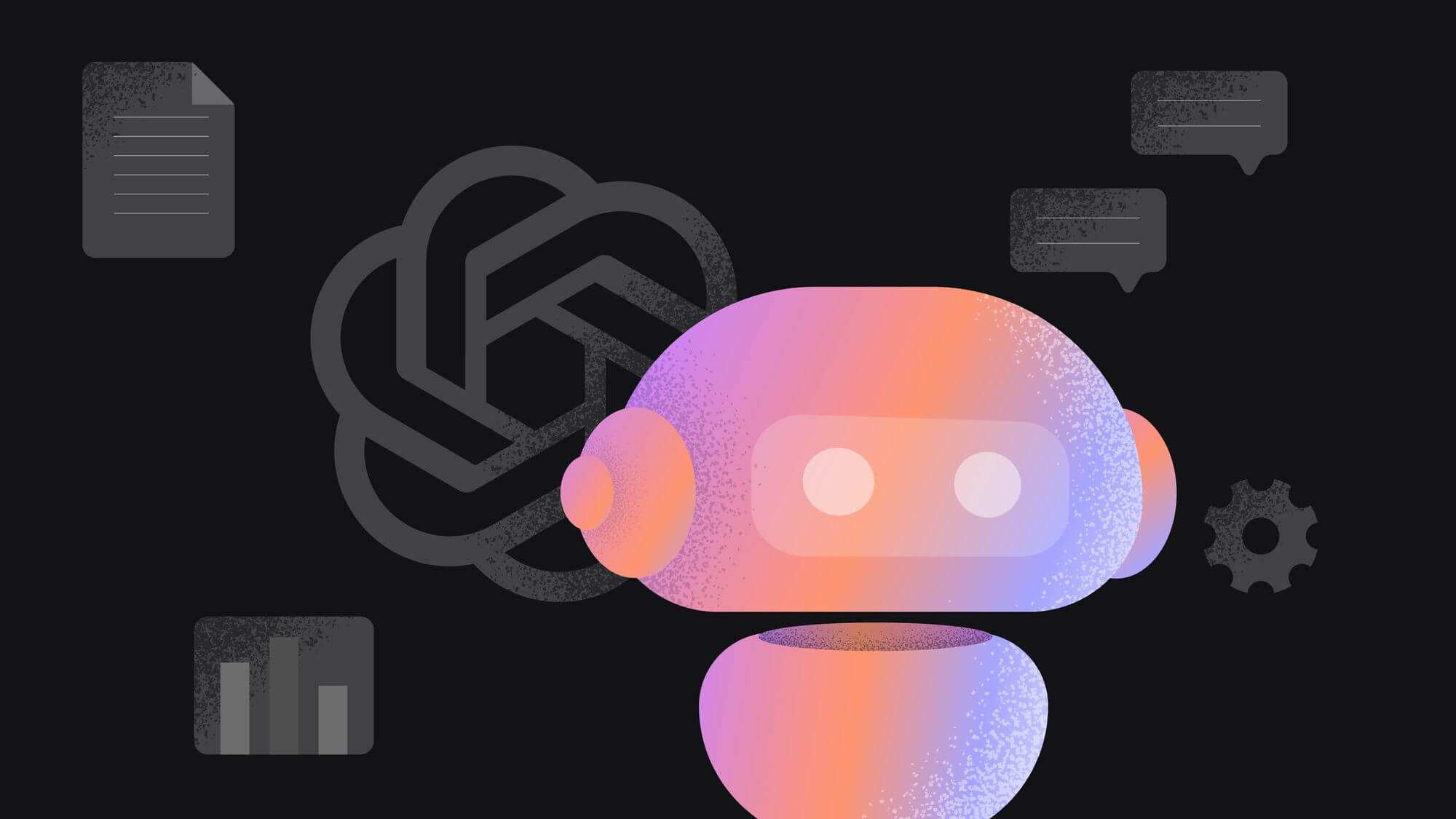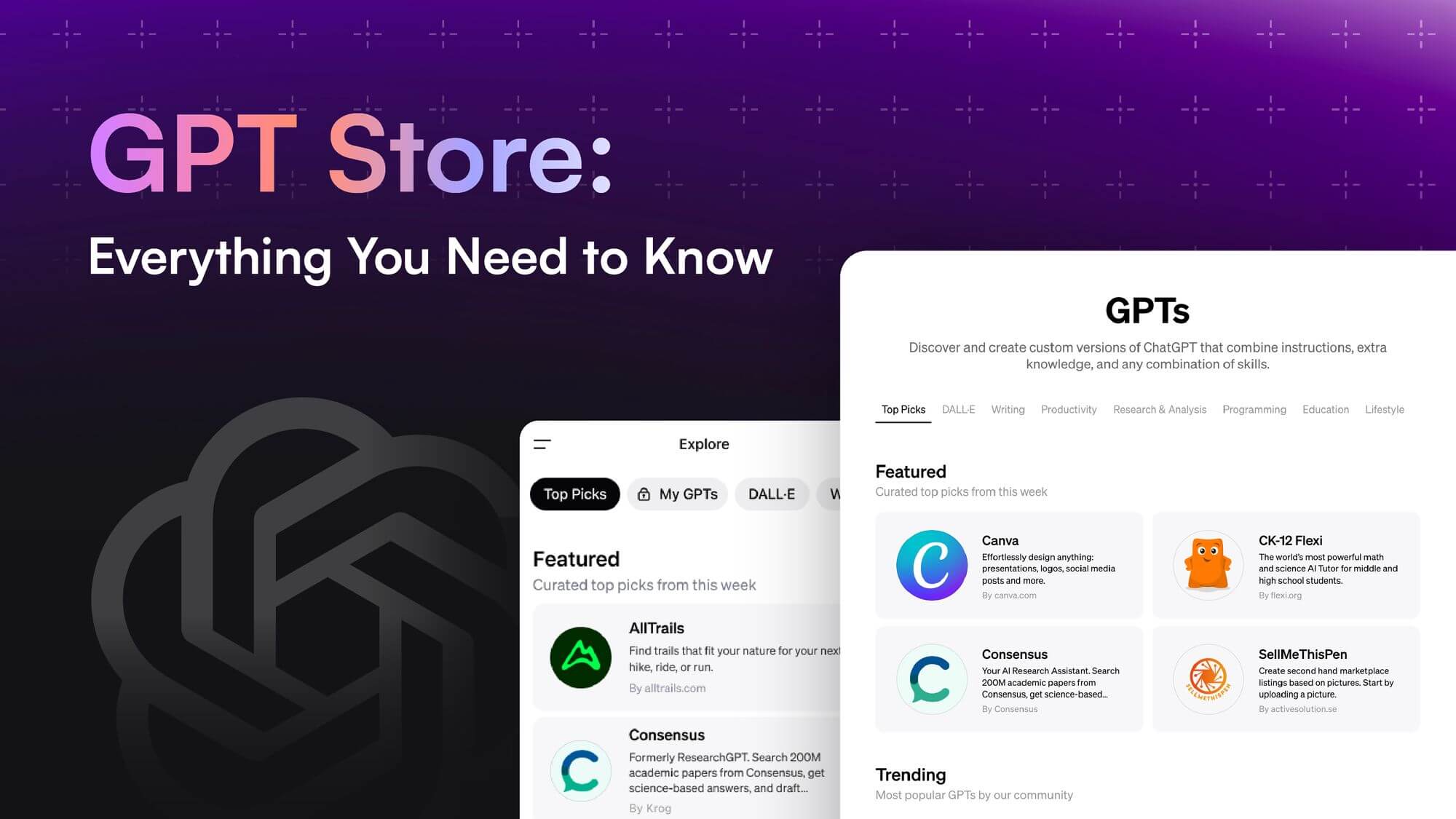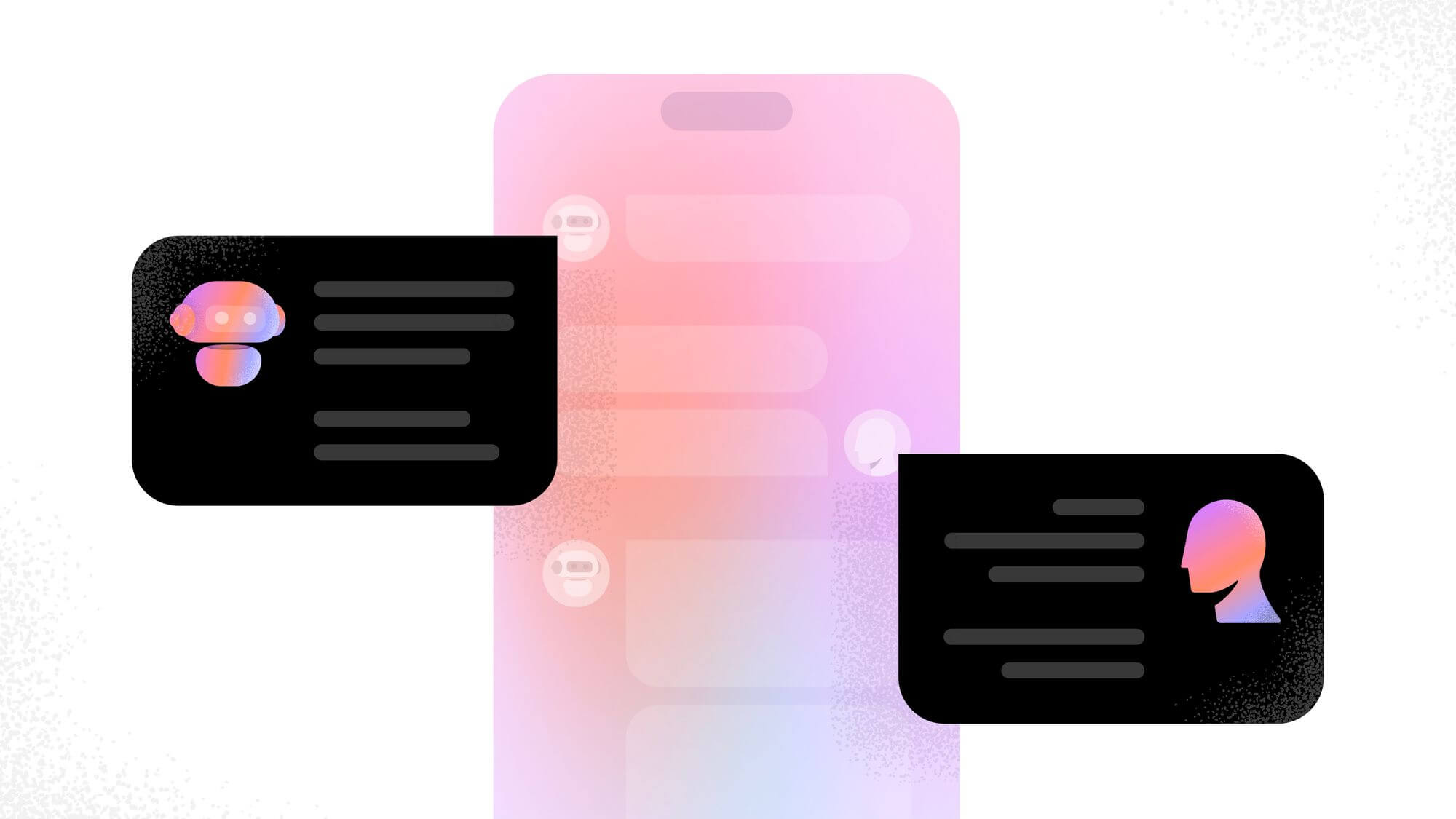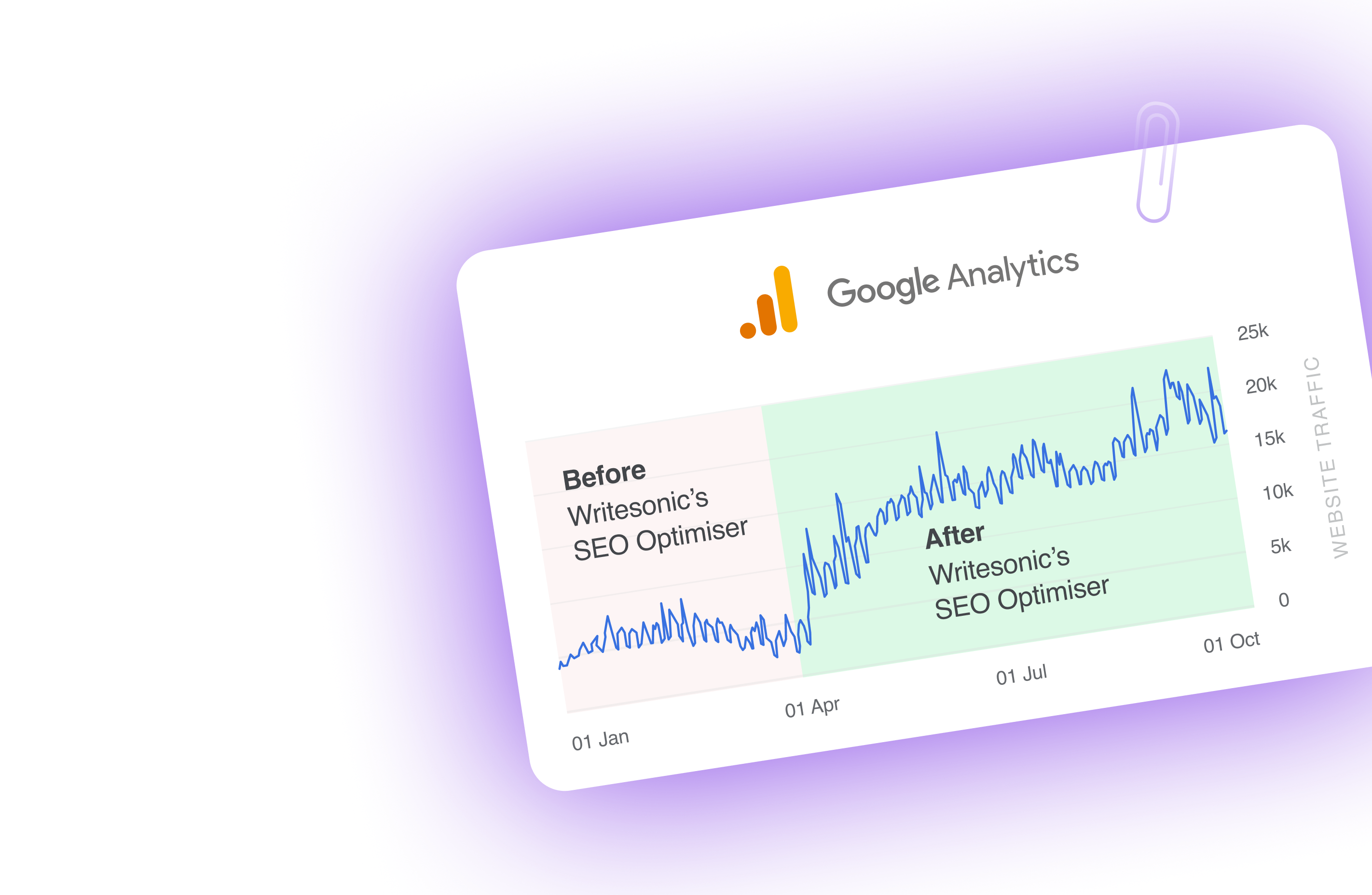Whether you name a small or large business, offering immediate customer assistance is the new norm. If you are into an e-commerce business or running a Shopify store, you probably understand how important it is to provide effective support in real-time.
Being accessible to your customers is more than just a courtesy; it’s a business imperative. When it comes to offering round-the-clock assistance, live chat has already emerged as a game-changing solution. As per a study published on Kayako, 79% of businesses say offering live chat options to their customers positively affects sales, revenue, and customer loyalty.
Thus, immediately having your customer support team available can set you apart from your competition. However, integrating live chat may seem complex at the start!
Have a look at the top 5 live chat apps that can help you boost your website’s conversions and revenue.
Wondering how you can integrate chatbots for Shopify stores?
Fear not, as this blog aims to offer an actionable, easy-to-follow guide on how to add live chat to your Shopify store. We’ll break it down, step-by-step, backed by research and examples, to ensure you can easily implement these strategies.
Whether you run an established online store or are a newbie starting fresh, these guidelines will provide a valuable roadmap toward creating a more responsive and customer-friendly Shopify store.
So, let’s dive in to take your customer service to the next level!
Why install the live chat in your Shopify store?
As a Shopify store owner, you might be asking yourself – ‘Do I really need a live chat option?’ The short answer is ‘Yes.’
It’s no longer just an optional add-on, but rather adding live chat support is a crucial part of your Shopify store optimization.
Let’s explore why:
1. Increase conversion
Live chat holds incredible potential for increasing conversions. A report on SuperOffice states that B2B companies who use live chat see an average 20% increase in conversions.
But exactly how can we achieve this?
Imagine a potential customer browsing through your Shopify store; they come across a product they like but have a quick question or doubt that needs clarification. With a live chat option, they can immediately get an answer without leaving the site or interrupting their shopping experience. This real-time interaction minimizes cart abandonment and propels the customer to complete the purchase, increasing conversion rates.
2. Boost customer satisfaction
According to a survey published on Comm100, live chat has the highest satisfaction levels for any customer service channel, with 73%, compared with 61% for email and 44% for phone. The reasons are manifold.
First, live chat provides instant support. All of us appreciate immediate responses to our queries and concerns. In fact, customers find it annoying to navigate through lengthy automated phone menus or wait for email replies. That’s why live chat support comes as a real savior.
Secondly, live chat is super convenient to use. Customers can chat while they browse without having to switch devices or platforms. They can even multitask, managing other tasks while waiting for responses.
3. Gain a competitive advantage
In the ever-competitive world of e-commerce, every single element that sets you apart counts. So while your competitors still figure out whether to include live chat in their existing customer support system, you can gain an advantage by staying ahead in the game.
A report by SuperOffice suggests that only 9% of websites were using live chat to offer real-time support to their customers. Hence, it’s proven that when you install live chat in your Shopify store, you’re not just keeping up with the trend but moving ahead of a significant portion of the competition.
4. Understand your customers better
Live chat opens up an avenue for instant feedback and insights. You get to learn about your customers’ needs, preferences, and pain points in real-time. This information can be crucial to improve Shopify store sales as you can use this feedback to refine products, services, and overall customer experience. It’s like having an ongoing, open-ended conversation with your customer base, offering invaluable qualitative data.
Apart from that, AI-powered chatbots are super efficient at understanding customers’ tones. As you train these ChatGPT AI chatbots with your own consumer data, they can analyze these texts in real-time and adjust their styles to fit the situation best. Agents can build a good rapport with each customer by monitoring the style and adjusting the formality.
Learn more on how to train ChatGPT on your own data.
5. Improve operational efficiency
Live chat can contribute to increased operational efficiency in your customer service department. According to a study shown on Telus International, a customer service agent can engage with as many as 6 customers simultaneously.
However, with an AI-powered live chatbot, there are no limitations on the number of customers you can assist at the same time. It allows your customer support team to manage their workload more effectively.
Plus, with features like canned responses for frequently asked questions, you can ensure quick, consistent, and accurate information delivery, reducing the time spent on each interaction.
Not only customer support but these AI chatbots can significantly contribute to the operational success of your business by resolving different problems. Know more about the problems AI chatbots can solve for your business.
How to add live chat for Shopify stores?
When it comes to Shopify live chat integration, there are two options you can try. Shopify has an online store live chat option available on Shopify App Store that you can use or integrate an AI-powered no-code chatbot into your store.
Here we will walk you through both processes.
1. Use Shopify Inbox Online Store Chat
Step 1: Install Shopify Inbox
- First, log in to your Shopify account and open Settings.
- As the Settings page opens, click on the Apps and sales channels tab from the left pane.
- From the top right corner, click on the Shopify App Store button.
- Now go to the search box on the Shopify App Store page and search for ‘Shopify Inbox.‘
- Select the Shopify Inbox app from the search result.
- Next, click on the Add app button to start the installation.
- Finally, select the Add sales channel button to install Shopify Inbox on your store.
Step 2: Enable online store chat
If Shopify Inbox is installed on your store but disabled, you need to enable it manually to reflect it as a live chat support portal for your store.
- Log in to your Shopify account and click on Settings.
- Now, from the left pane of the window, locate and click on Apps and sales channels.
- As the Apps and sales channels page opens, select Shopify Inbox.
- Then, click on Open sales channel.
- Then, under the Overview page, if it shows Online store chat is off, click on the Manage settings button.
- Finally, click on the Turn on button to enable Online store chat for your Shopify store.
Step 3: Customize the chat button
You can customize the chat button style and color on your Shopify store to match your store’s theme and style. Follow the steps below,
- Log in to your Shopify account and click on Settings.
- Now, from the left pane of the window, locate and click on Apps and sales channels.
- As the Apps and sales channels page opens, select Shopify Inbox.
- Then, click on Open sales channel.
- Then, under the Overview page, if it shows Online store chat is off, click on the Manage settings button.
- Customize your Chat Button with either an ‘Icon‘ or a ‘Chat with us‘ text, use the Position drop-down menu, and select the location where the chat button appears.
- Now from the Brand tab, go to the Color field and click on the drop-down menu to open the color picker. Select your chatbot color and add the Greeting text.
Note: Alternatively, you can add the hexadecimal color code directly to the Color field.
- To offer quick access Track my order button on your chatbot interface, click on the Turn on button beside the Track my order tab.
- If you want to serve your audience with instant answers to common queries, add the suggestions questions and answers under the Suggestions tab. Click on the Create instant answer button.
- After that, add your Question and Answer in the designated field.
- Finally, click the Save button from the top, and your Shopify store chat option is ready to delight your visitors with Live chat support.
2. Use AI-powered no-code chatbot
You can use AI chatbot builders to develop no-code chatbots on your live chat support portal. AI-powered chatbots not only improve automations but are also much more cost and time-efficient when compared to traditional live chat portals.
Here is the simple 5-step process to create an AI-powered no-code chatbot in your Shopify store.
Step 1: Create your Writesonic account
Botsonic from Writesonic offers a free trial available with your Writesonic account. Simply log in or sign up to Writesonic if you already don’t have an account. Once you are logged in, click on the Botsonic link.
Step 2: Train your AI chatbot
To begin developing your AI chatbot with Botsonic’s no-code platform, you need to train it with your own data. Here’s how:
- Access your Botsonic account and navigate to the training section.
- Choose the option to upload your knowledge base. You can either upload a file or a site map or provide the link to your website.
- Click on the Upload and Train button to initiate the training process.
Step 3: Customize the chatbot
In the next step, you’ll customize your chatbot’s appearance to align with your brand’s visual identity. Follow these steps:
- Upload your company logo and chatbot picture in JPG or PNG format.
- Enter your company name and select the desired chatbot color.
- Provide a compelling subheading for your chatbot.
- Write a welcoming message to engage users as they interact with the chatbot.
- Optionally, include additional guidelines to ensure your chatbot maintains consistency with your brand’s voice and tone.
- Once you’ve made the desired changes, click the Update button located in the top right corner of your screen.
Step 4: Add starter questions
Now, let’s move on to setting up the starter questions for your chatbot:
- In the Botsonic interface, find the section dedicated to starter questions.
- Enter the title of the question you want to add.
- Craft a well-written message that the chatbot will present to users.
- Click the Add Question button to include the starter question in your chatbot’s repertoire.
Step 5: Integrate the chatbot with Shopify
It’s the final step where you need to integrate the AI-powered chatbot into your Shopify store. Follow the steps below and get the job done in a jiffy.
- Click on the integrations tab from the Botsonic page. You can find the code you need to use on your Shopify theme layout under the Embed Script tab.
- Then, log in to your Shopify store account and open the Shopify admin panel.
- Now, expand the Online Store option and select Themes on the left-hand side menu.
- Afterward, click on the Customize button there.
- Now, from the left pane, click on Add section under the Footer tab.
- Then select Custom liquid from the pop-up window.
- Now, paste the embedded script into the code content box.
- Finally, click the Save button to add the AI chatbot to your Shopify store.
Now that you know how to add live chat to your Shopify stores, it’s time to check out how you can optimize your live chat to improve customer experience with better engagement.
Tips to optimize live chat for better customer engagement
To take your customer engagement to new heights with live chat, it’s essential to implement strategies that go beyond basic chat functionality. Let’s explore some effective tips and provide actionable steps to optimize your live chat experience.
1. Implement proactive chatting
Don’t wait for your customers to initiate the chat. Proactively engage them by setting up automated chat triggers based on specific actions or behaviors. This approach shows your attentiveness and can help address customer concerns before they even ask.
Identify key touchpoints in the customer journey, such as when a visitor spends a certain amount of time on a product page or adds items to their cart without completing the purchase. Configure your live chat app to trigger personalized messages, offering assistance or promotional incentives to increase conversions.
For example, let’s suppose that you run an online electronics store; you can set up a proactive chat trigger that activates when a visitor spends more than a minute browsing high-end smartphones. The triggered message could ask the visitor for additional information such as budget, specific feature preferences, etc., and guide him towards making a purchase decision with personalized product recommendations.
2. Create a personalized chat experience
Tailoring the chat experience to each customer can greatly enhance engagement and build rapport. Collect relevant customer information and use it to personalize greetings and responses. Eventually, it will make your customers feel valued and understood.
Integrate your live chat app with your customer database or CRM system to access customer information like their name, previous purchases, or preferences. Use this data to customize chat greetings and responses, ensuring a personalized touch.
For example, let’s assume a customer named Emily has previously made purchases on your Shopify store. When she initiates a chat session, your live chat app pulls her name from the customer database and greets her with a personalized message like, “Hello, Emily! Welcome back to our store. How can we assist you today?”
3. Offer multilingual support
Break language barriers and cater to a diverse customer base by providing multilingual chat support. When you offer live chat in different languages, you demonstrate inclusivity and increase the accessibility of your customer support.
Assess your customer demographics and identify the languages in which you should offer live chat support. You can install an AI chatbot for live chat support or use AI text generative tools to communicate effectively with customers in their preferred language.
Suppose you run an online travel agency targeting customers worldwide. Recognizing that your customers come from various countries, you provide live chat support in multiple languages, such as English, Spanish, French, and German. Customers feel more comfortable reaching out for assistance, enhancing engagement and satisfaction.
4. Use chat history to provide context
Make use of the chat history feature within your live chat app to provide seamless and contextually relevant support. Access to previous chat interactions allows agents to understand customer preferences, concerns, and conversations, leading to more efficient and personalized support.
Train your customer support agents to review chat history before engaging with a returning customer. Equip them with tools or customer relationship management software that provides easy access to chat logs, enabling them to provide informed assistance.
Let’s take an example of a returning customer named John who reaches out for support on your Shopify store. Your customer support agent, accessing the chat history, quickly understands John’s previous issue and provides a resolution that addresses his concerns directly. This level of contextual support saves time and showcases your commitment to customer satisfaction.
5. Measure and analyze chat performance
Tracking and analyzing chat metrics is crucial to continuously improving your live chat engagement. Monitor factors such as response time, chat duration, customer satisfaction ratings, and conversion rates to identify areas for improvement.
Leverage your live chat app’s reporting and analytics features to gather data on chat performance. Regularly review these metrics and identify patterns or trends to make informed decisions for optimizing your live chat strategy.
Let’s say, for example, you own an online fashion boutique and have recently implemented live chat on your Shopify store. After a month of using live chat, you analyze the chat performance metrics provided by your live chat app. You discover that your average response time is 30 seconds, which is well within industry standards. However, you notice that the chat duration tends to be longer for certain product categories.
Digging deeper into the data, you find that customers often have more questions and require more guidance when browsing through your collection of accessories. Having this information, you decide to proactively address common questions related to accessories by incorporating pre-chat messages or a dedicated FAQ section on your website.
By implementing proactive chatting, creating a personalized chat experience, offering multilingual support, utilizing chat history, and measuring chat performance, you can optimize your live chat strategy to deliver superior customer engagement.
These strategies empower you to provide prompt assistance, foster meaningful connections, and ultimately drive customer satisfaction and loyalty to your Shopify store.
Why use a third-party live chat app for Shopify?
While adding live chat functionality to your Shopify store, you can utilize a reliable third-party app to enhance your customer support capabilities.
Wondering how?
As long as providing round-the-clock assistance is concerned, the Shopify Inbox chat function is just the stepping stone. You need to have your support agents ready 24×7 to attain your customers. Also, it is not enough to automate your chat support process.
Whereas ChatGPT-like, AI-powered chatbots are backed by NLP technologies. These NLP chatbots can ensure human-like conversion with your audience without any human intervention.
Apart from that, there are other reasons why integrating a third-party live chat app will be a game-changer for your eCommerce success. Let’s explore further,
Harness the AI might of ChatGPT
By incorporating an advanced AI-powered chatbot into your Shopify store, you can unlock an unparalleled chat experience for your customers. These customer-support AI Chatbots powered by ChatGPT leverage state-of-the-art language models, ensuring natural and contextually relevant conversations.
With their advanced capabilities, the AI chatbots can understand customer inquiries, provide accurate responses, and engage in human-like interactions that enhance customer satisfaction and drive conversions.
24×7 chat availability without breaks
AI chatbots are up and running 24×7. No coffee breaks, no snooze buttons. They can offer full-fledged, non-stop customer support. Unlike relying solely on manual customer support agents, these chatbots can handle customer queries and provide assistance even during non-business hours, weekends, and holidays. This uninterrupted chat support ensures that your customers receive prompt responses and never feel ignored, regardless of the time zone or when they visit your Shopify store.
Enhanced features for better chat support
You know, the kind of chat that not only answers questions but also anticipates them. An AI-powered chatbot is perfect for that. Third-party live chat apps often offer a wide range of enhanced features to take your chat support to the next level. AI chatbots can remember past interactions, offer personalized suggestions, and even cheerfully upsell!
These AI chatbots’ super-power may include:
Chat Transcripts: With chatGPT or other third-party apps, you can easily access and review chat transcripts, allowing you to gather valuable insights, analyze customer interactions, and improve your overall customer support strategy.
Chat Routing and Prioritization: Advanced chat apps enable you to route customer inquiries to the most appropriate support agents or departments, ensuring that customers receive specialized assistance and minimizing response time.
Integration Capabilities: Many third-party chat apps seamlessly integrate with other tools, such as customer relationship management (CRM) systems or helpdesk platforms. This integration allows you to centralize customer data, streamline workflows, and provide personalized support based on customer history and preferences.
So, why should you use a third-party live chat app for Shopify? The answer is simple: To tap into the superpowers of AI, offer your customers a stellar chat experience, ensure your store never skips a beat, and add an impressive suite of chat features.
Top 4 best live chat apps for your Shopify website
When it comes to choosing the best live chat app for your Shopify store, it’s crucial to find the right balance between user-friendly features, affordability, and seamless integration.
Here are the top 4 Shopify live chat apps that can integrate easily:
1. Botsonic
Topping our list is none other than Botsonic from Writesonic. With Botsonic, you can add a live chat app to your Shopify website without code. This chatbot superhero powered by GPT-4 is designed to engage visitors, answer their questions, and even guide them to complete purchases.
Botsonic also offers easy customization options, allowing you to match the chatbot’s appearance with your brand’s aesthetics. It integrates seamlessly with other tools, such as CRM systems, for centralized customer data management.
Pros:
- Uses AI to automate responses to common queries
- Can be trained to understand specific business-related terms and requests
- A direct Shopify integration feature is coming soon to ensure smooth integration
Cons:
- Direct integration unavailable
2. Zendesk
Our next contender is Zendesk, a renowned name in customer service software, and its live chat app stands up to its reputation. Beyond live chat, Zendesk provides a range of features for efficient customer management. It’s a comprehensive tool that combines messaging, bots, and self-service content.
You can smoothly integrate the live chat with other Zendesk products; however, when it comes to integration to a third-party CRM, things may seem difficult. Also, the customer support from Zendesk is not up to the mark, as several users have complained about not getting optimal support.
Pros:
- Offers a unified platform for all customer interactions
- Powerful chatbot capabilities
- Multilingual support
Cons:
- The pricing might be a bit high for small businesses
- Some users report the need for better integration with other tools
- Poor customer support
3. LiveChat
LiveChat is known for its user-friendly interface and ease of setup. The tool offers powerful customization options for Shopify store owners, allowing you to match the chat widget with your store’s design seamlessly. Also, you get chat transcript functionality with LiveChat. It lets you review and analyze past conversations with your visitors so that you can improve the support experience for your customers.
Pros:
- Excellent customization options
- Allows handling multiple chats at once
- Detailed analytics and reporting
Cons:
- The cost can add up with more agents
- Limited chatbot capabilities
4. Tidio
Rounding up, our top 4 is Tidio, an app that skillfully combines live chat, chatbots, and marketing automation. The live chat tool is known for its simple yet intuitive interface, making it suitable for beginners. It offers a straightforward setup process, allowing you to start engaging with your customers quickly.
Pros:
- User-friendly interface
- Strong chatbot and automation features
- Integrates well with other platforms
Cons:
- No AI capabilities
- Pricing can be a bit steep for extra agents
Want a detailed guide on the best live chat apps for Shopify store owners? Here are the top picks for you!
Enhance customer experience: Add live chat to your Shopify store
And there you have it, folks! We have reached the end of our comprehensive guide on how to add live chat to your Shopify store. Adding live chat to your Shopify store allows you to provide immediate assistance, foster meaningful connections with your customers, and gain valuable insights into their needs and preferences.
Throughout this blog, we explored the importance of live chat in driving business growth. Remember, when selecting a live chat app for your Shopify store, you must consider factors such as AI-powered capabilities, 24×7 availability, enhanced features, ease of customization, integration possibilities, and pricing plans. Embrace the power of real-time communication and watch as your customer satisfaction soars, conversions increase, and your brand’s reputation flourishes.

